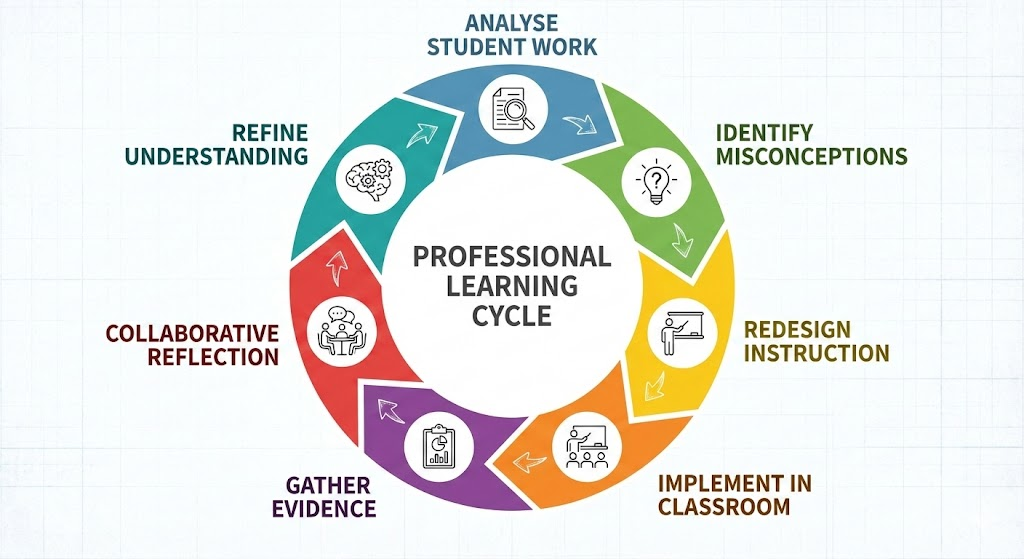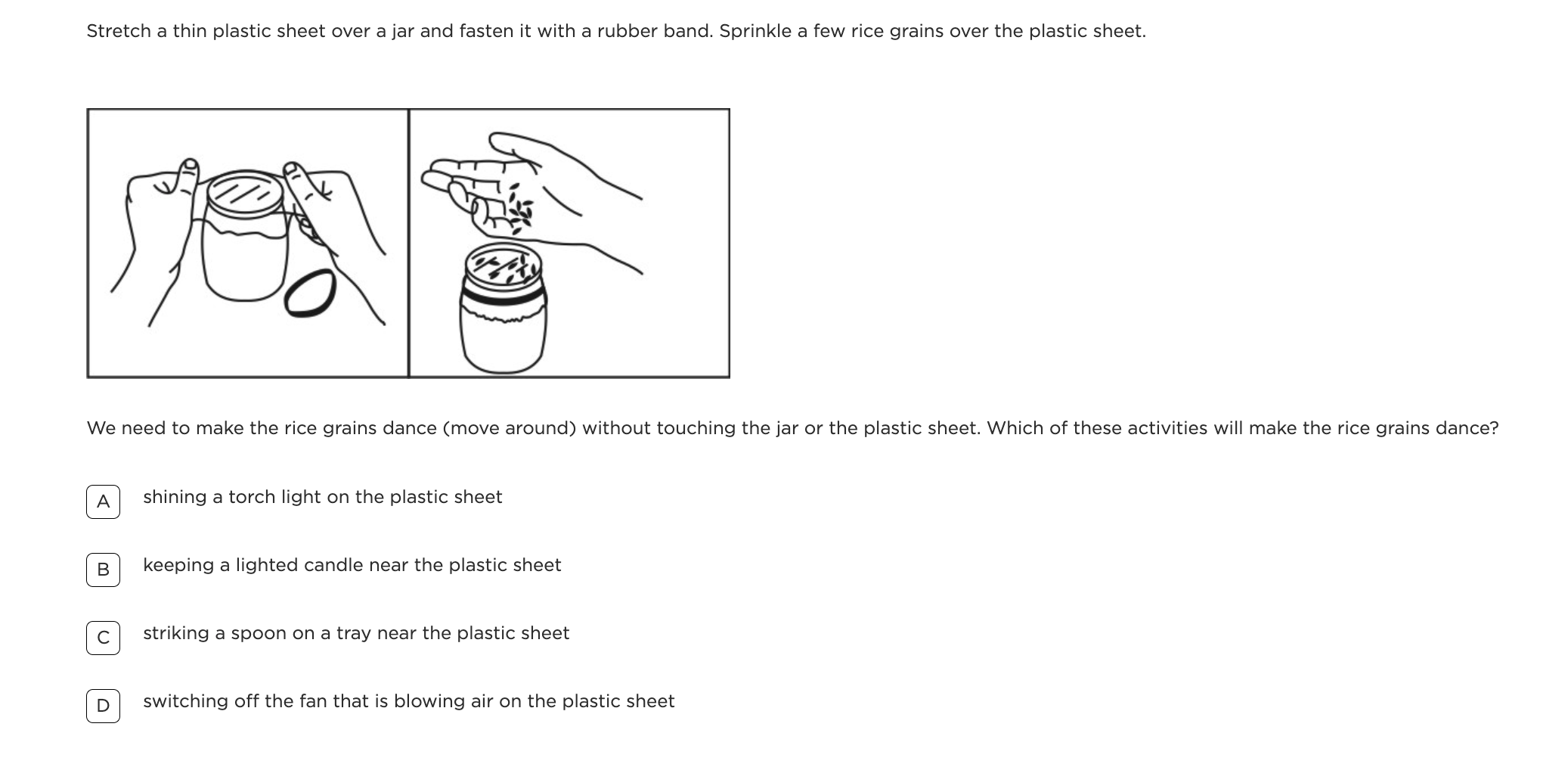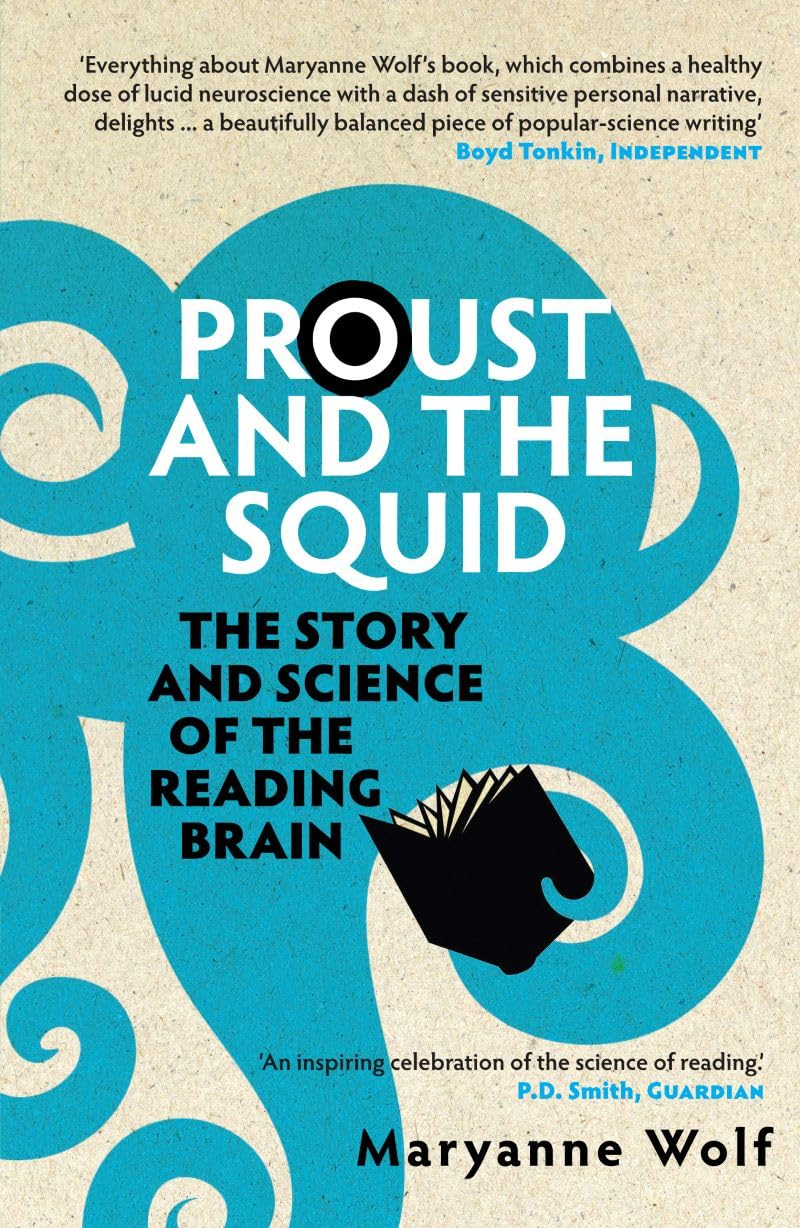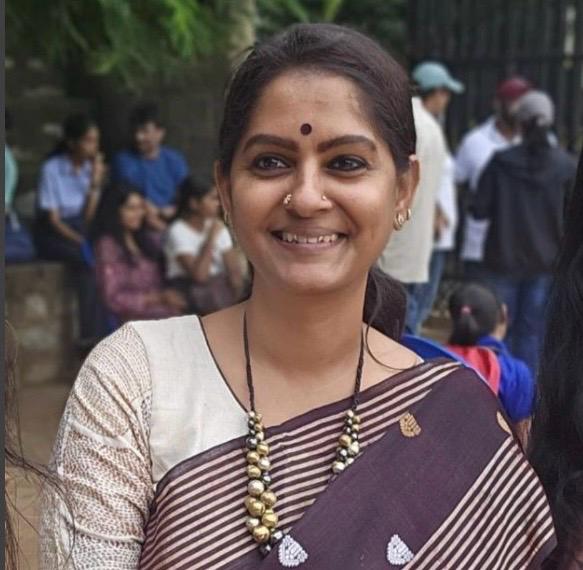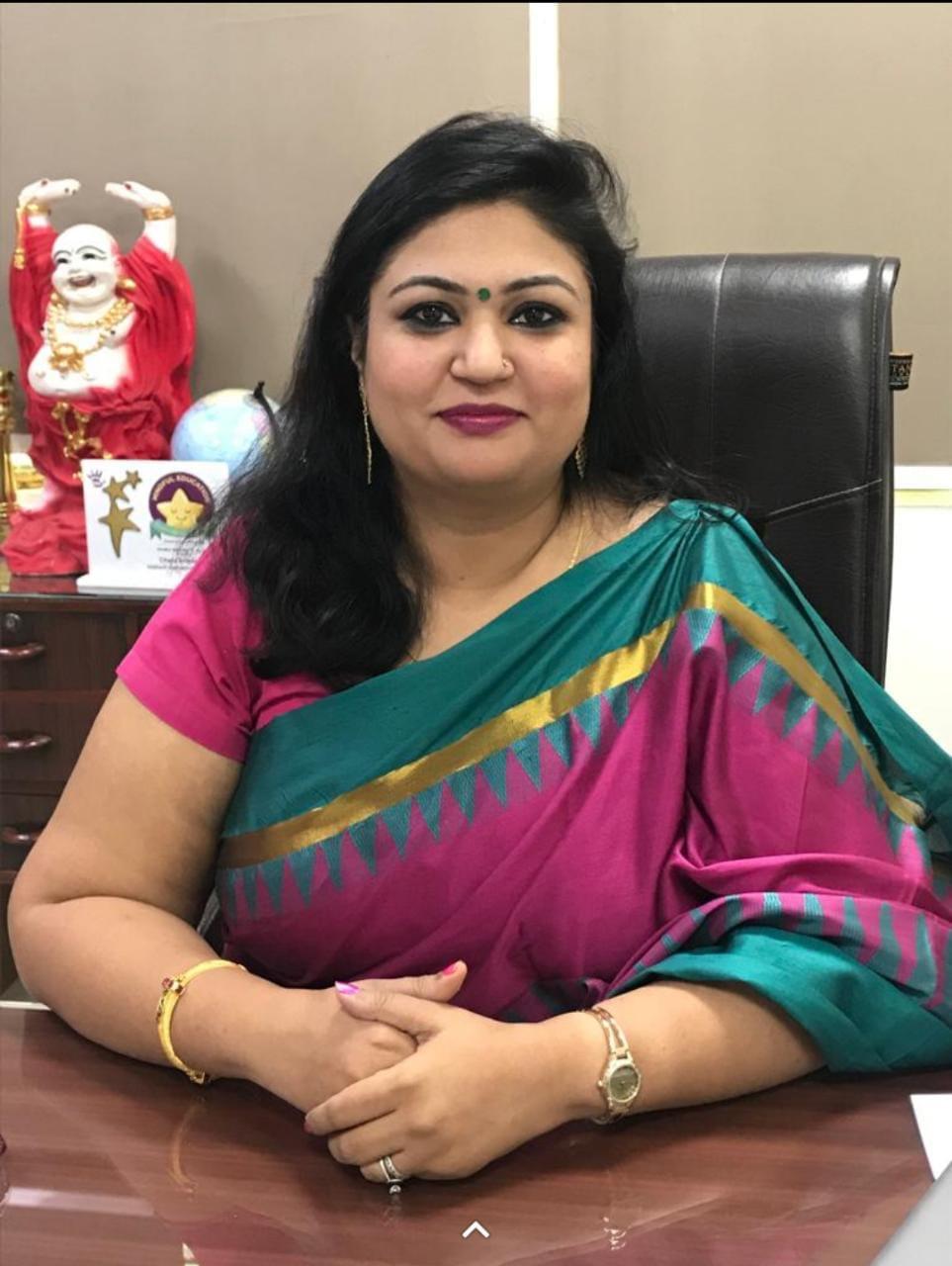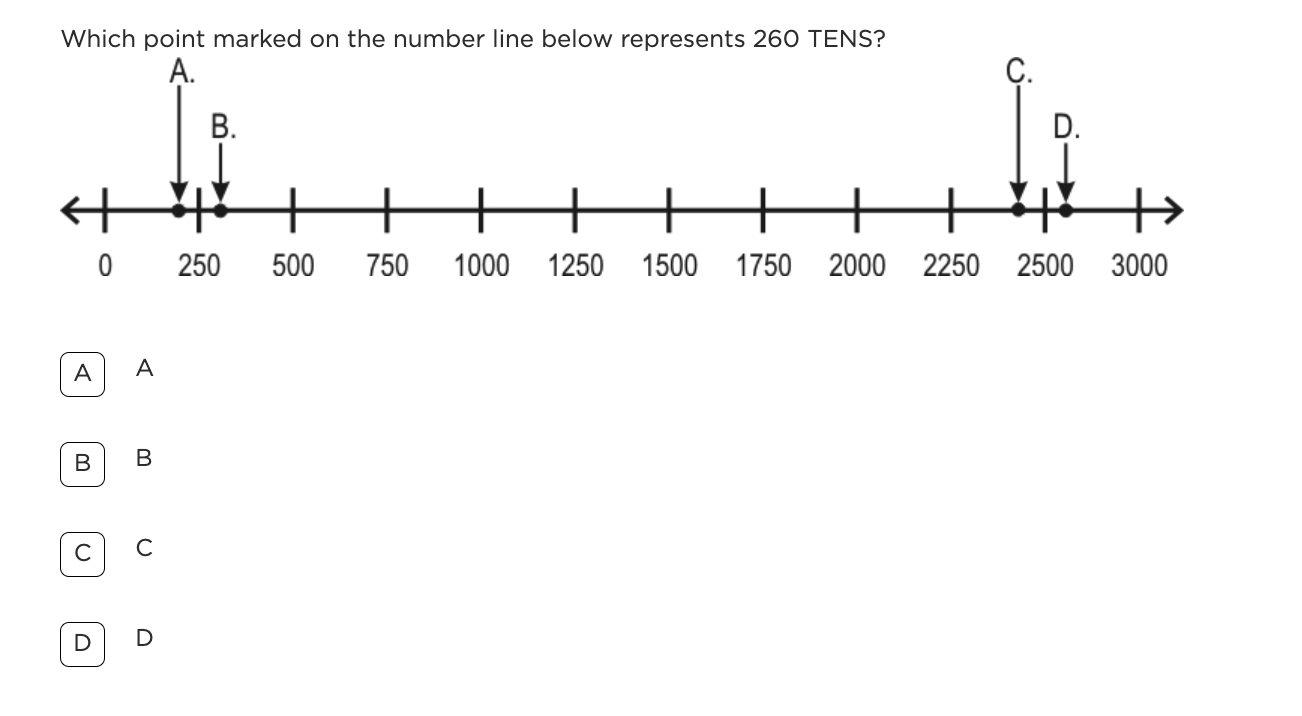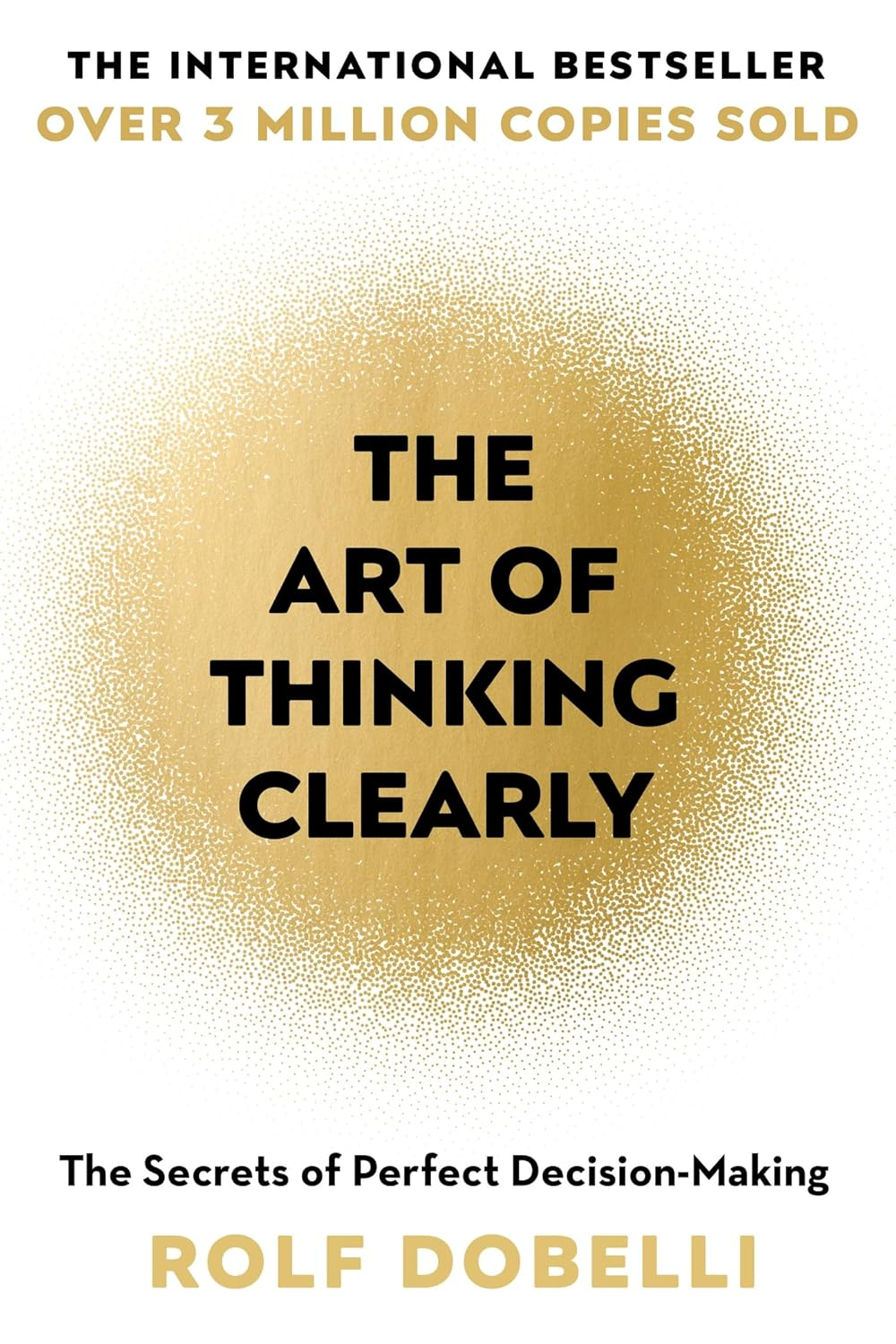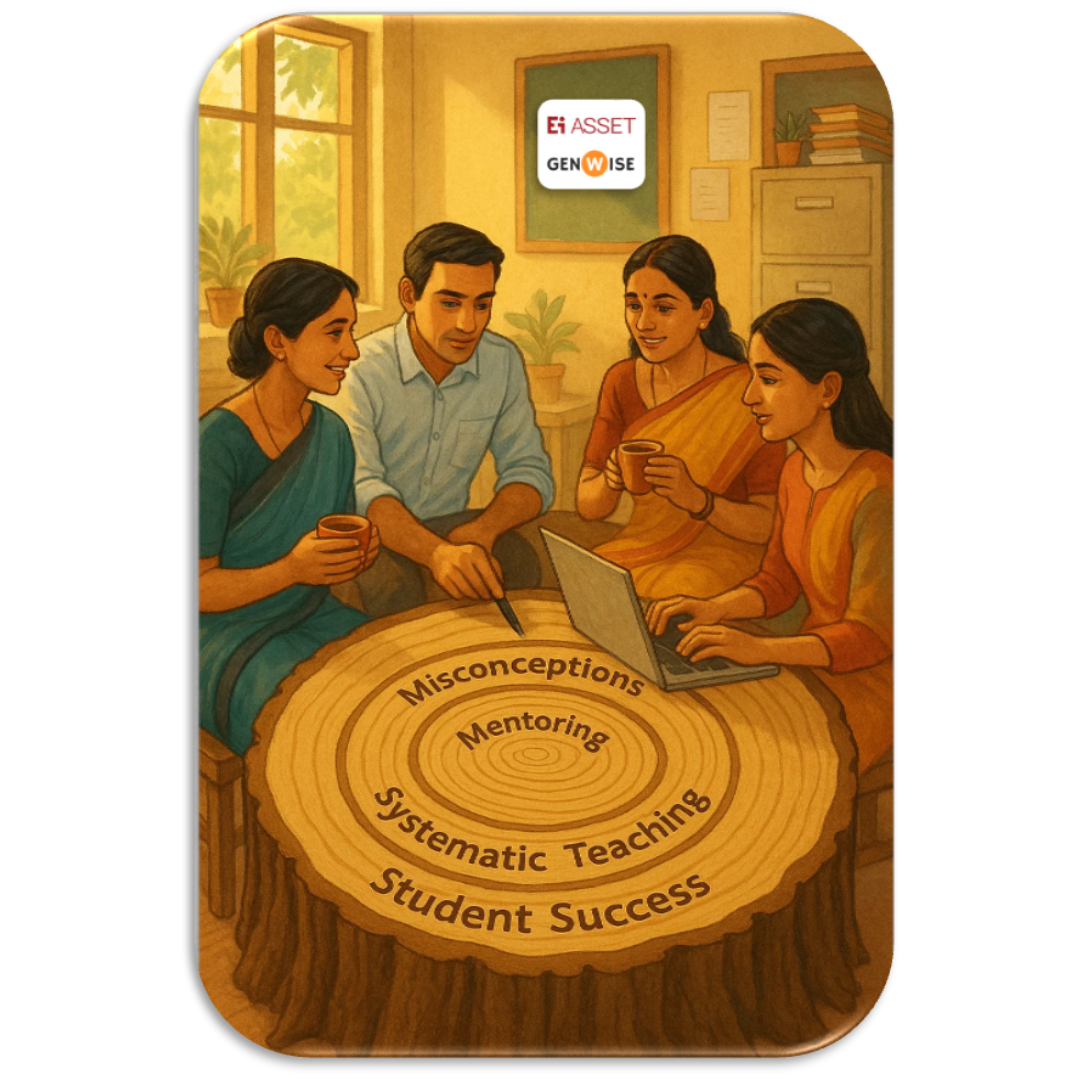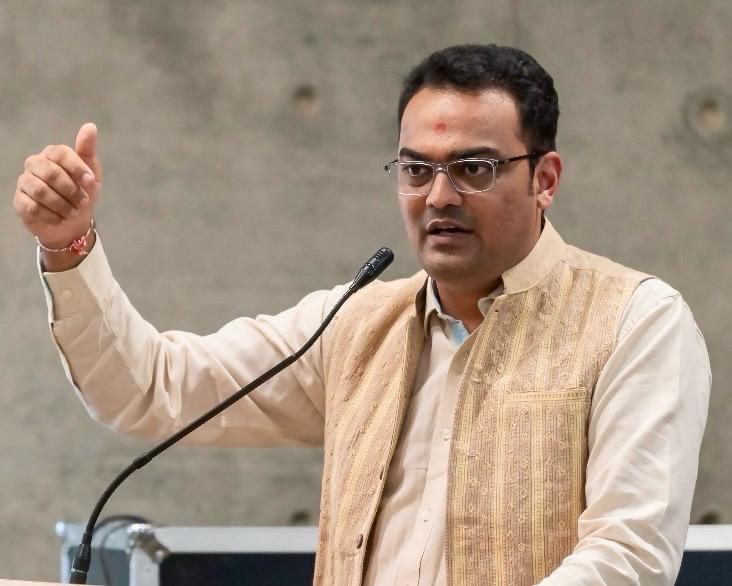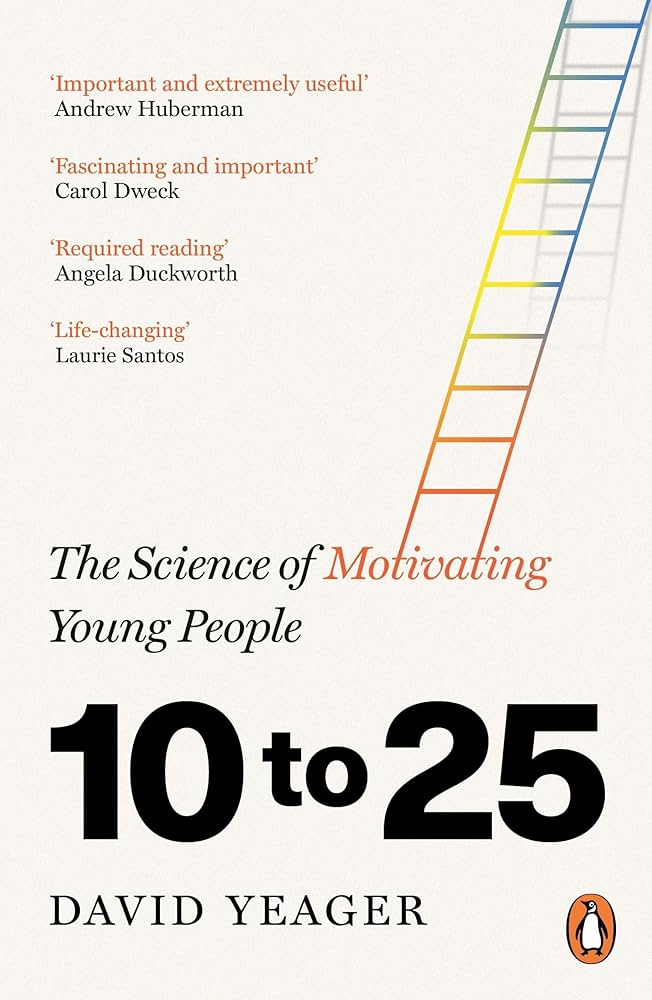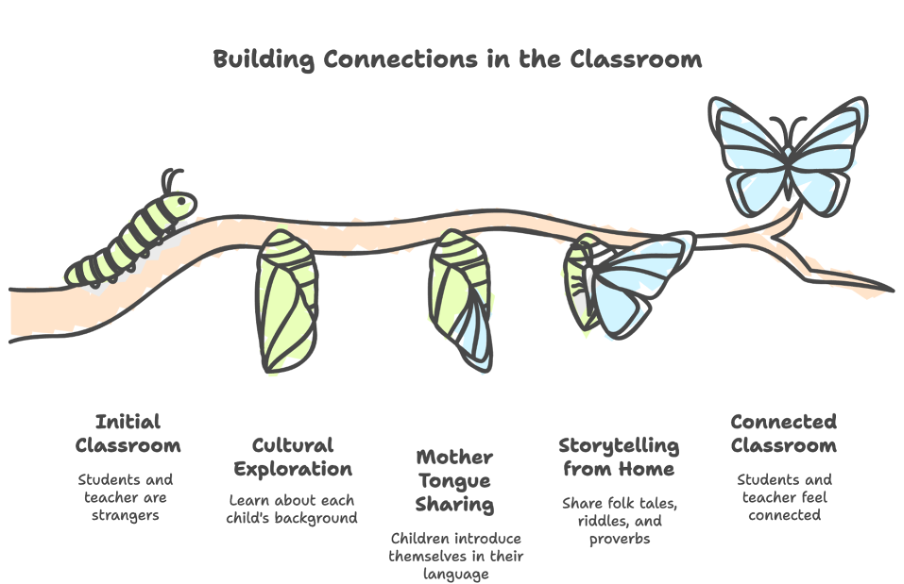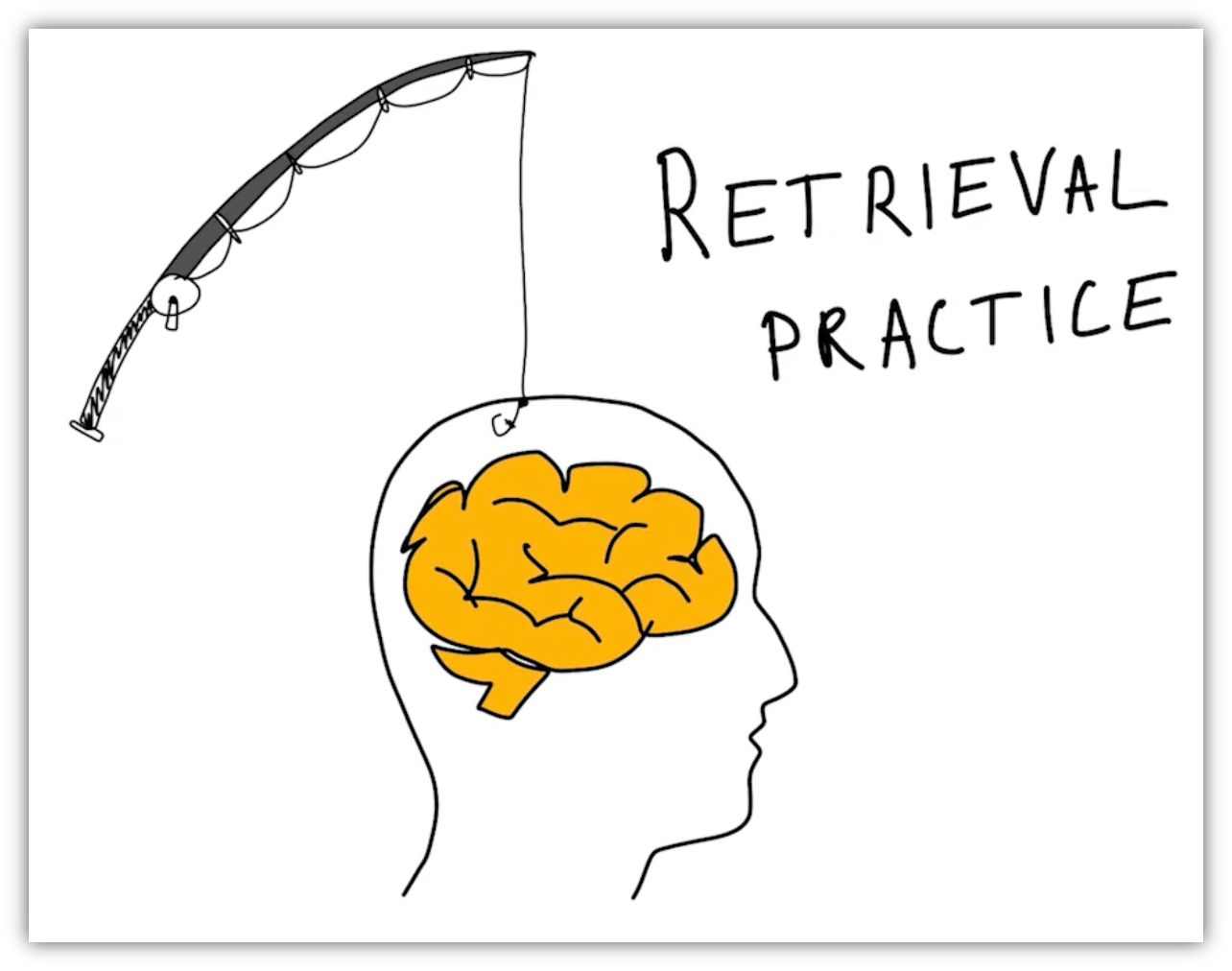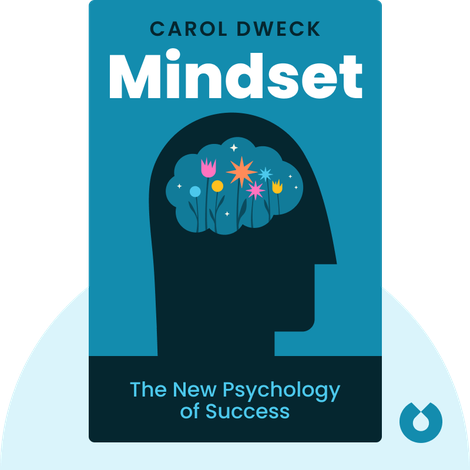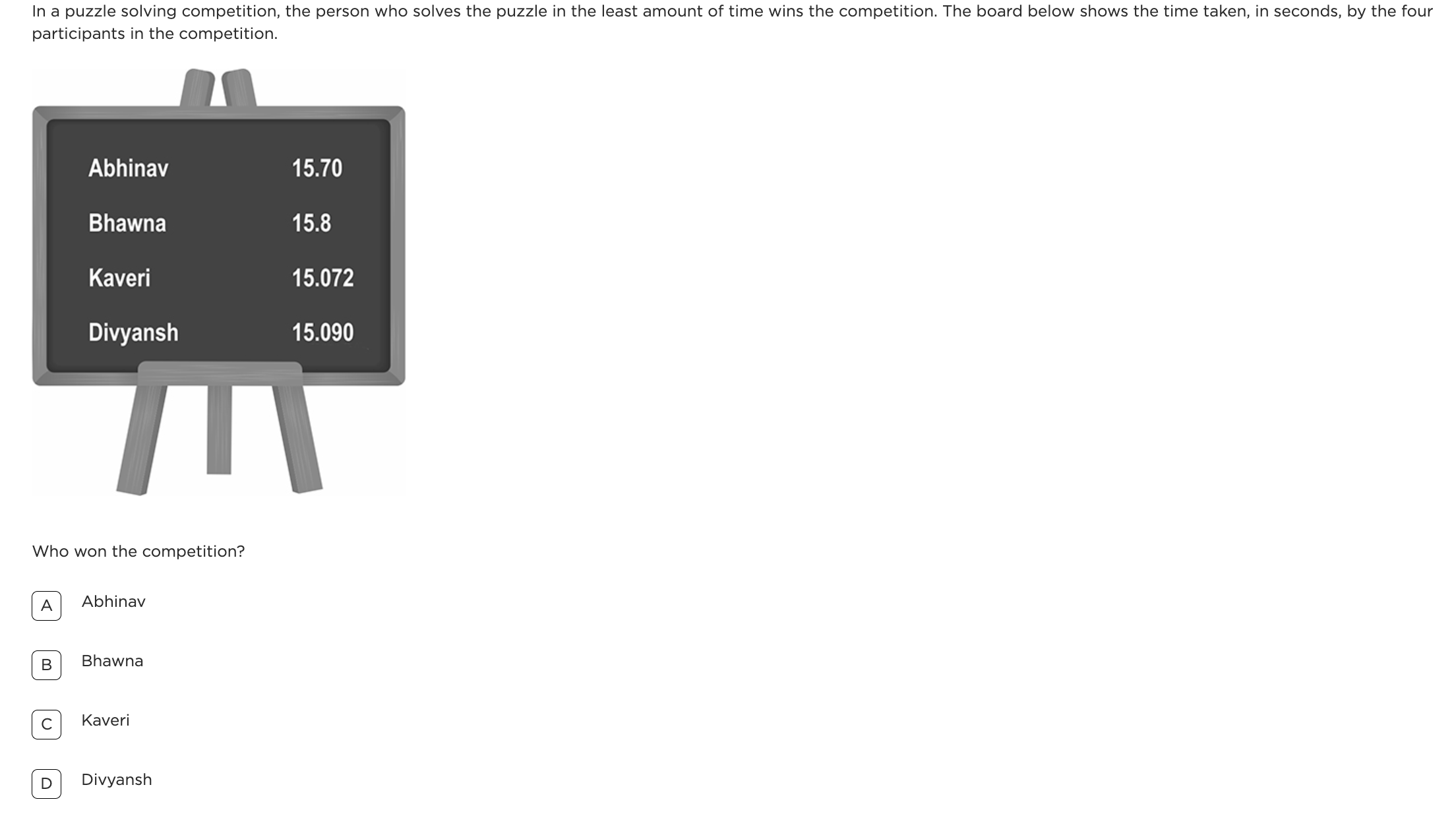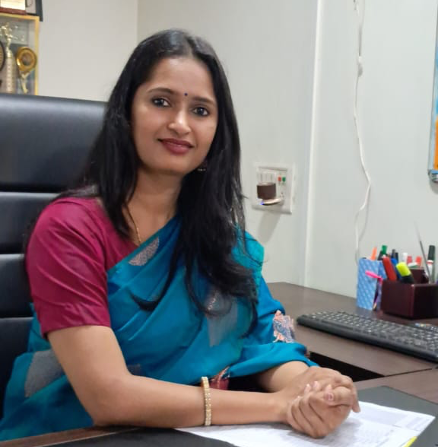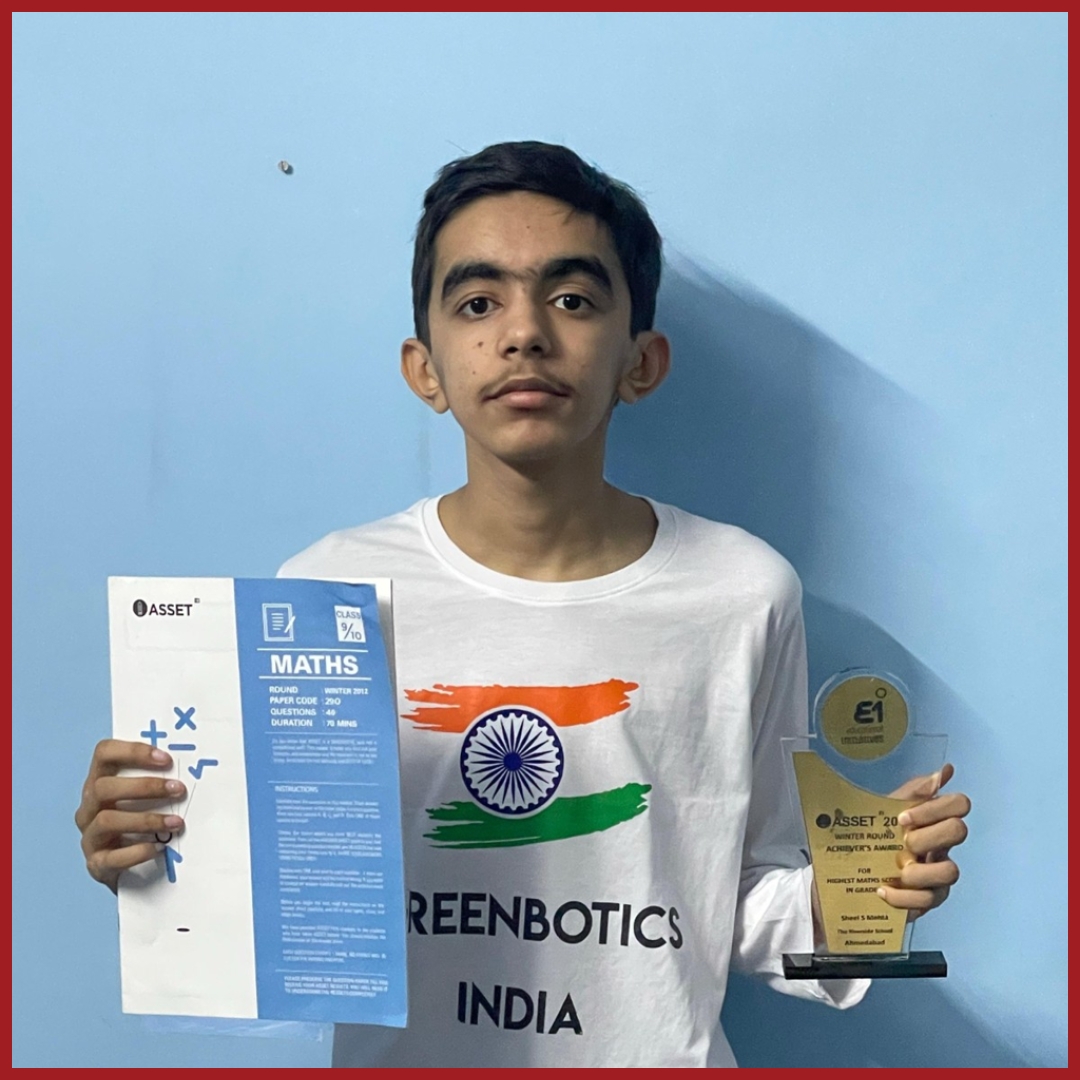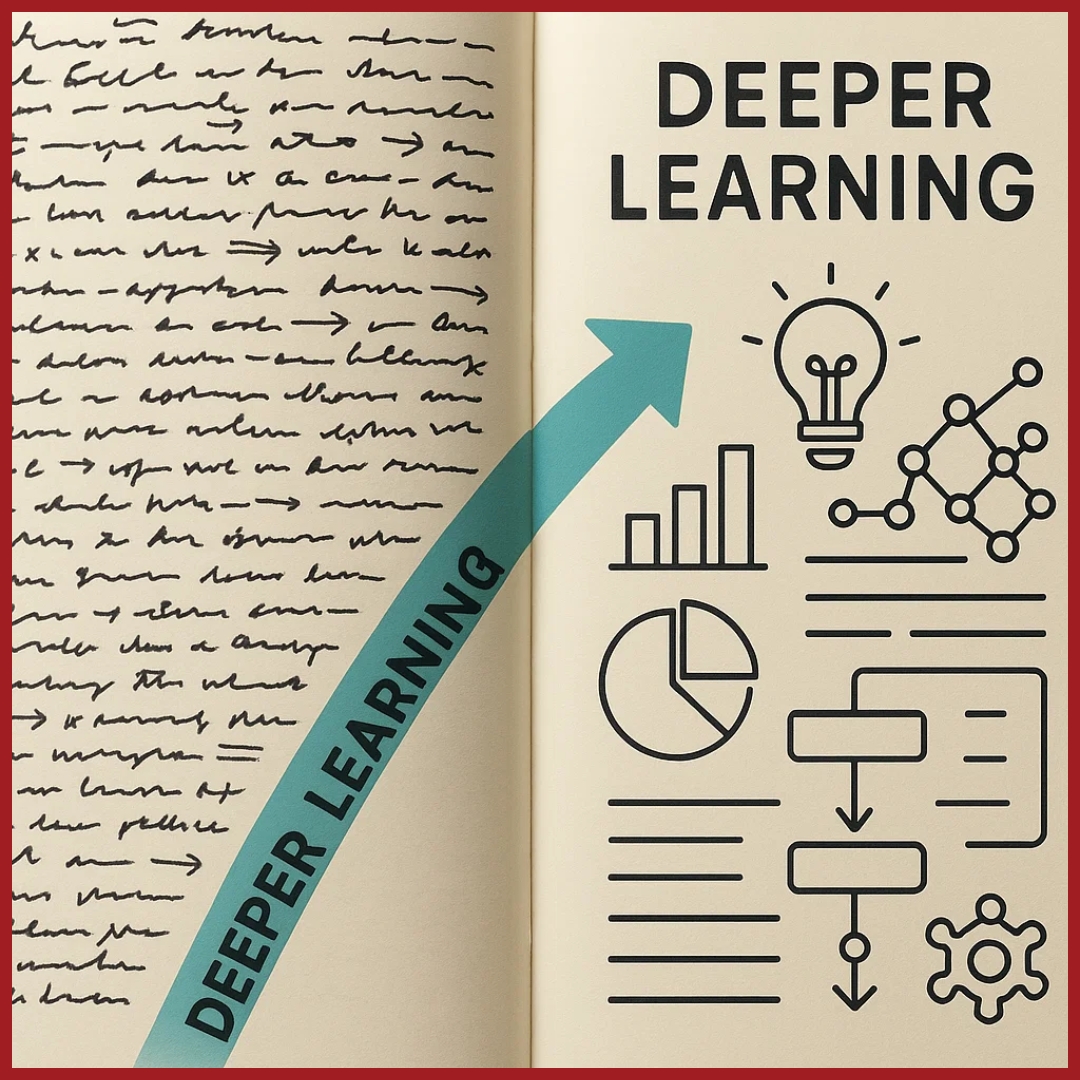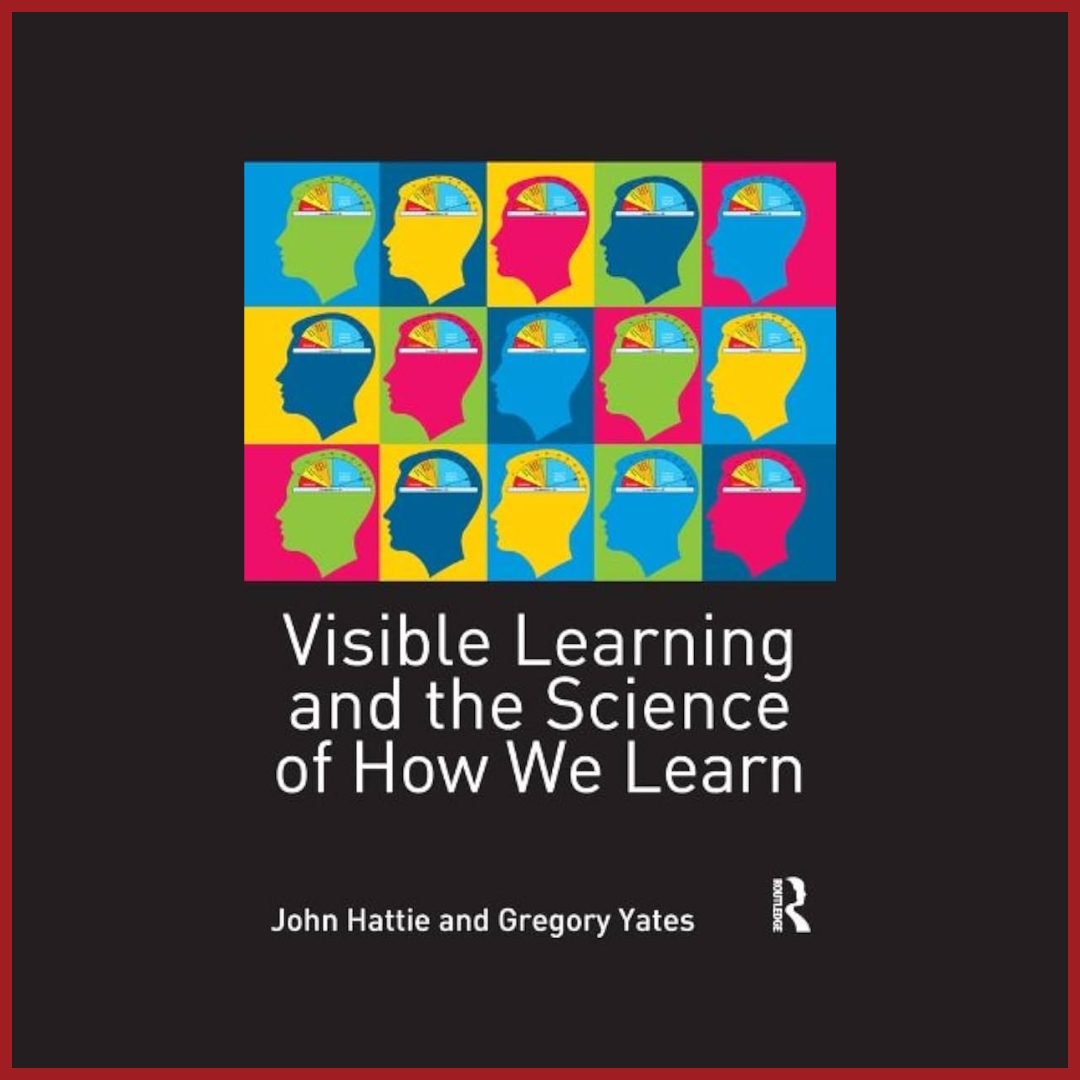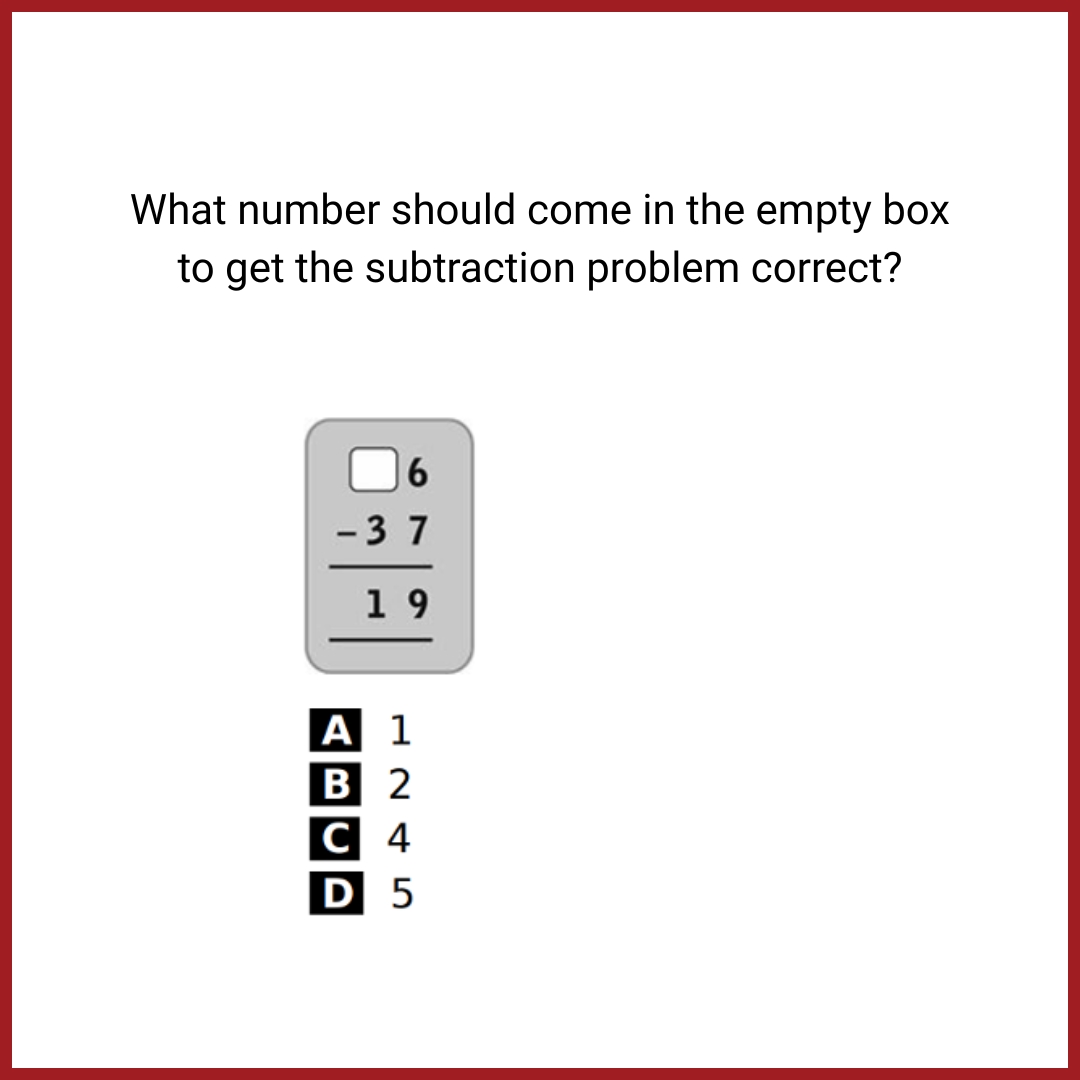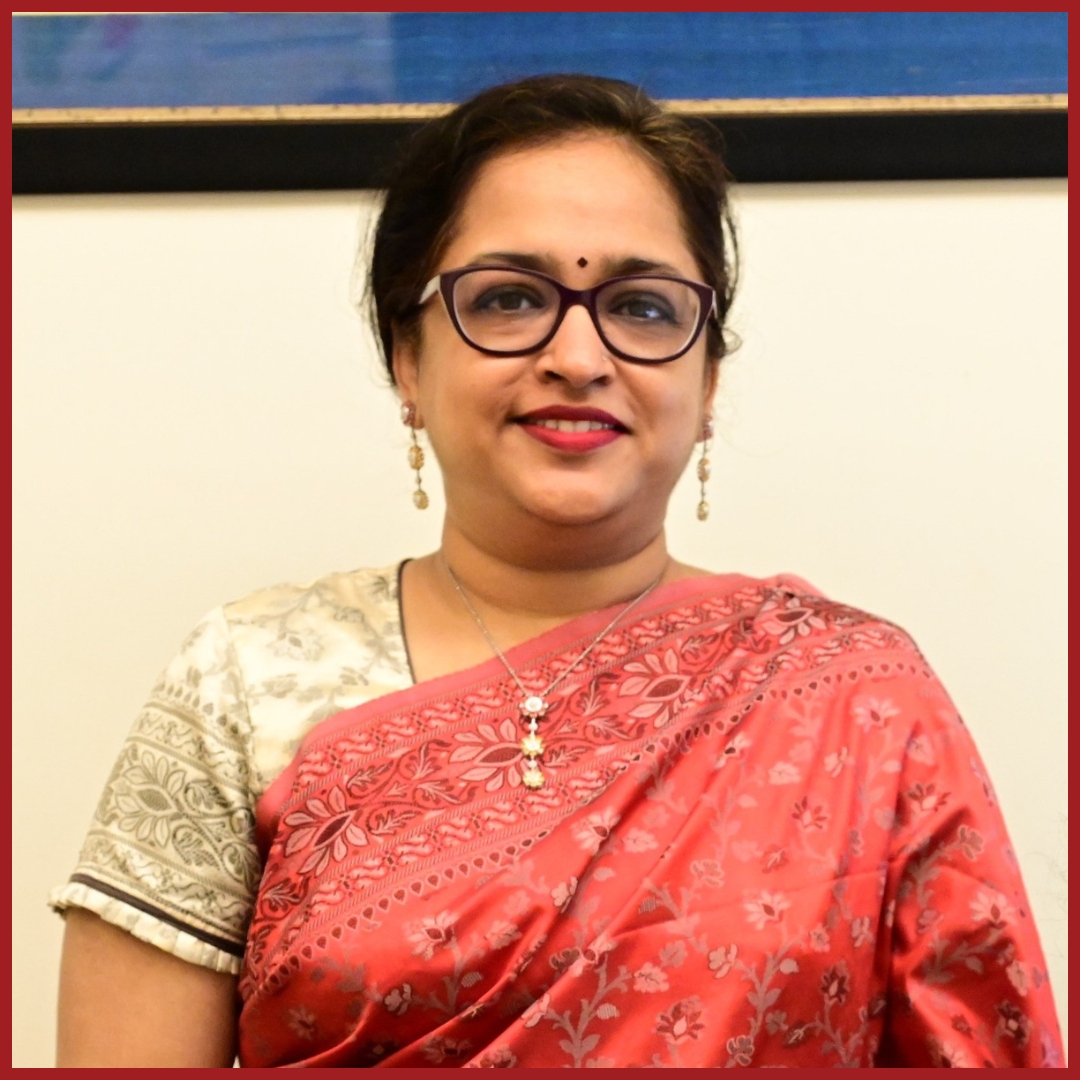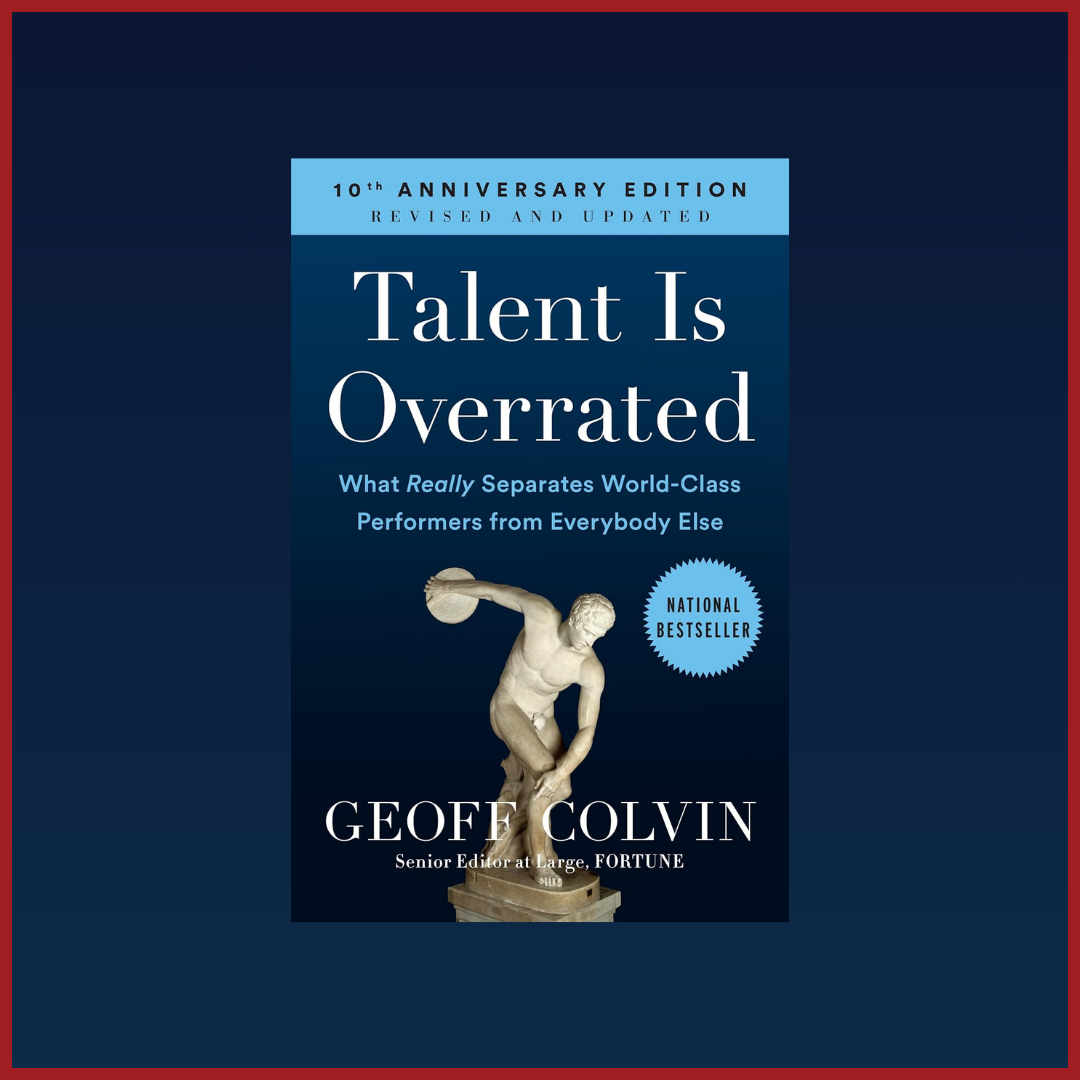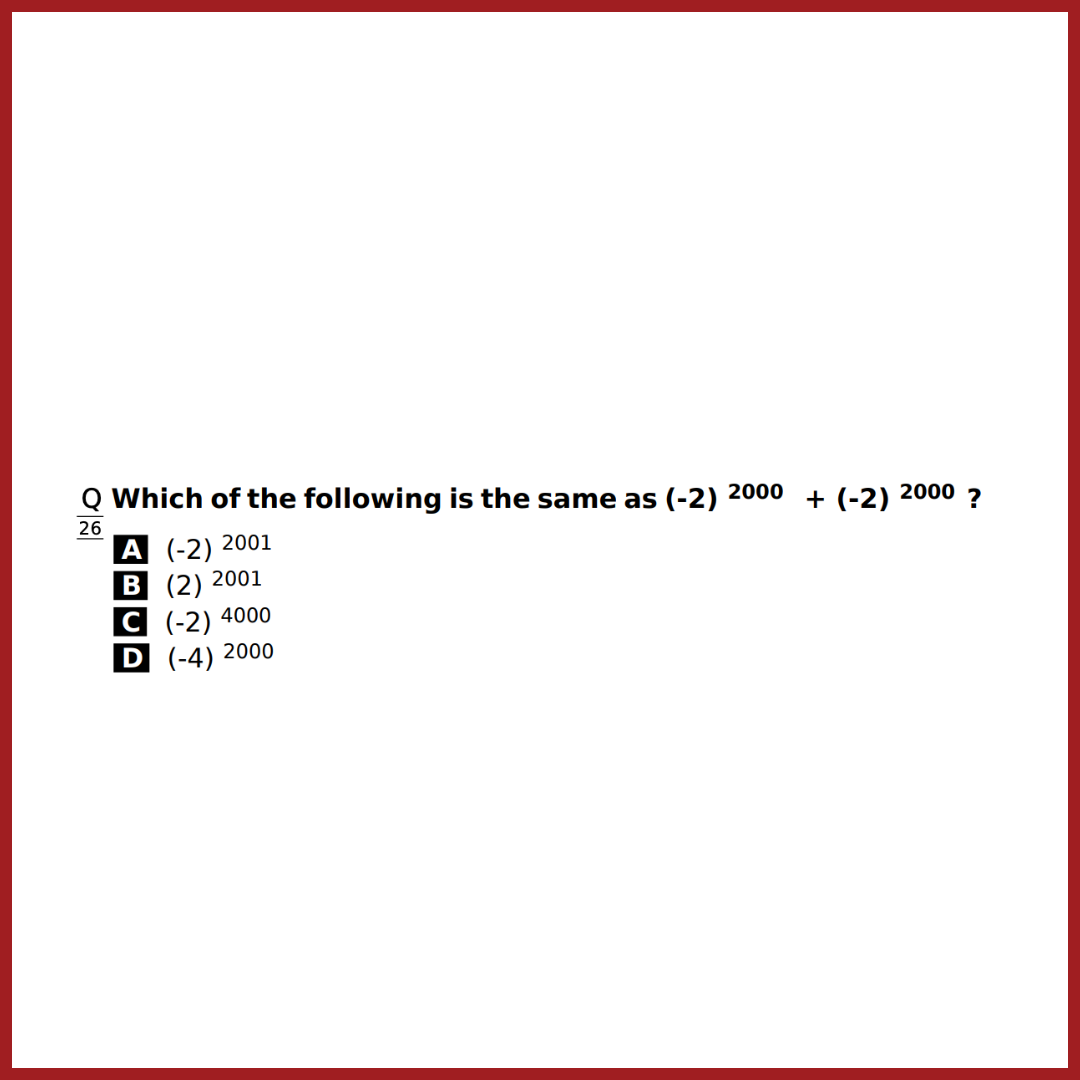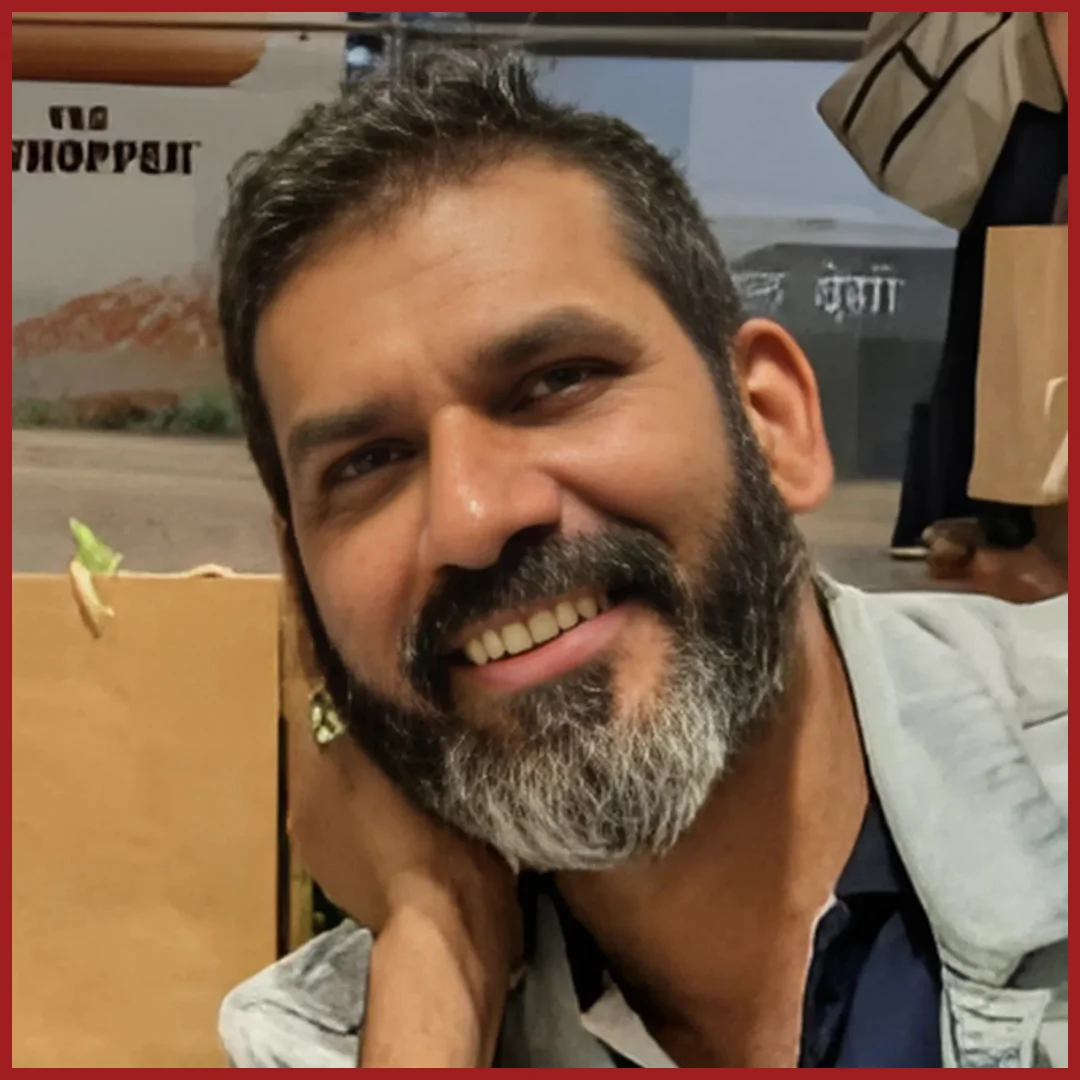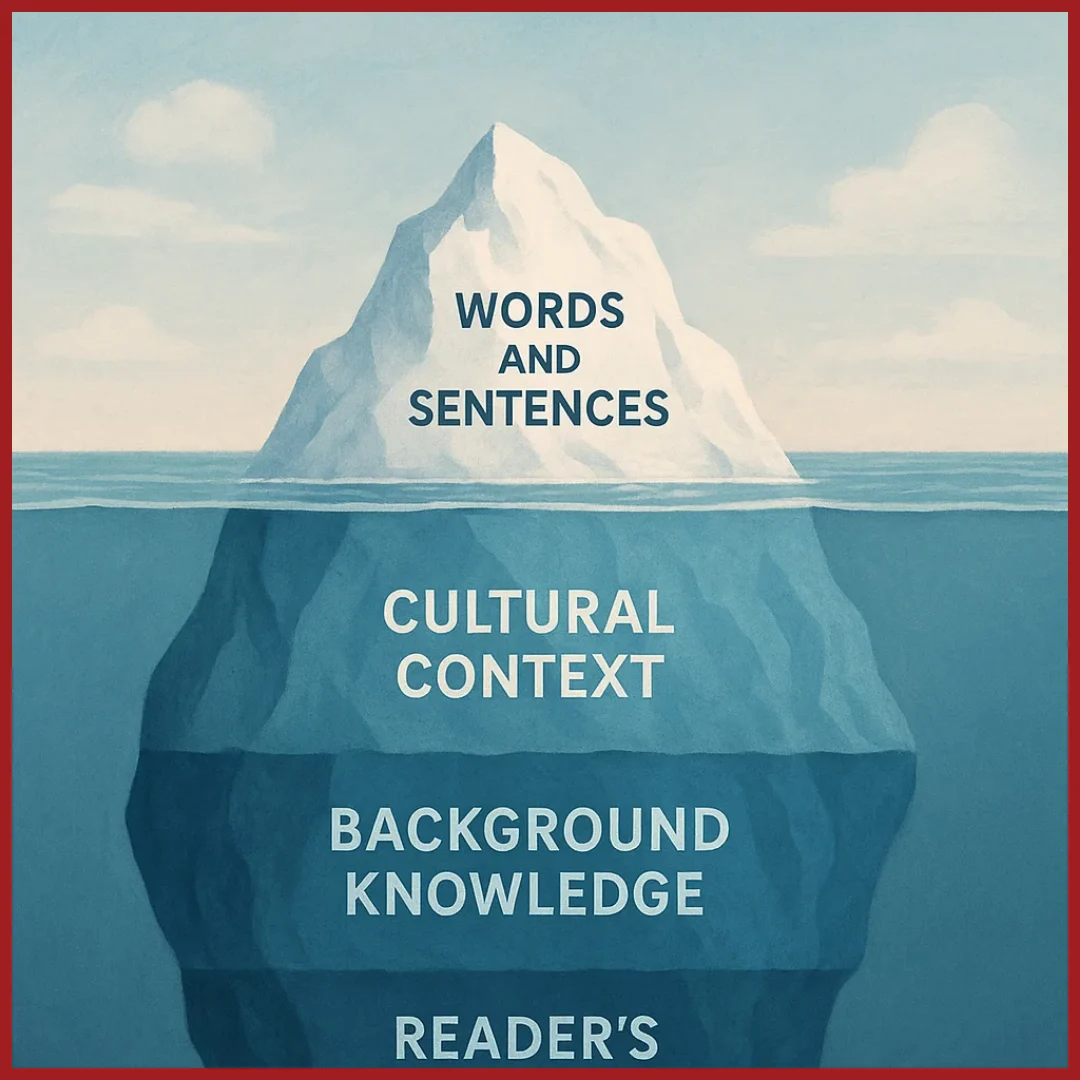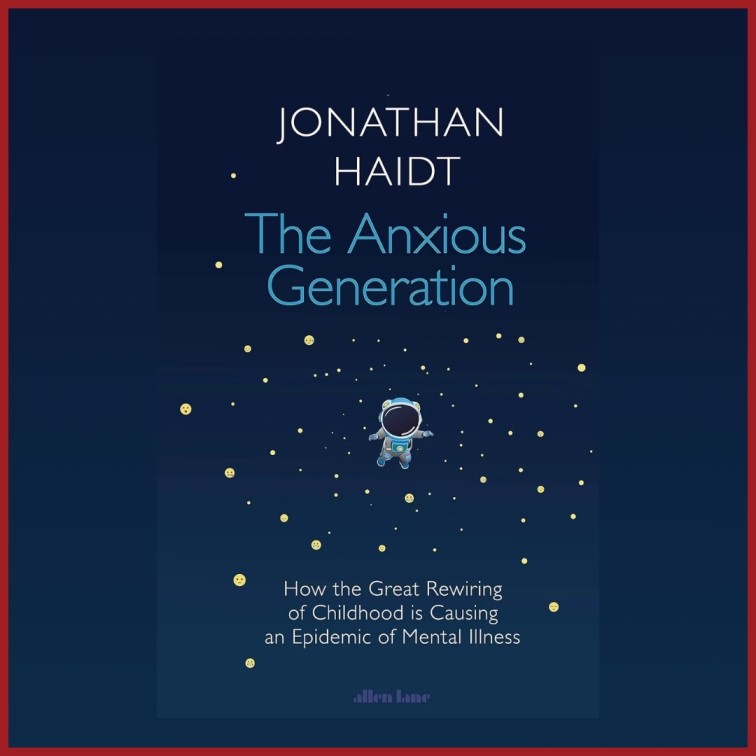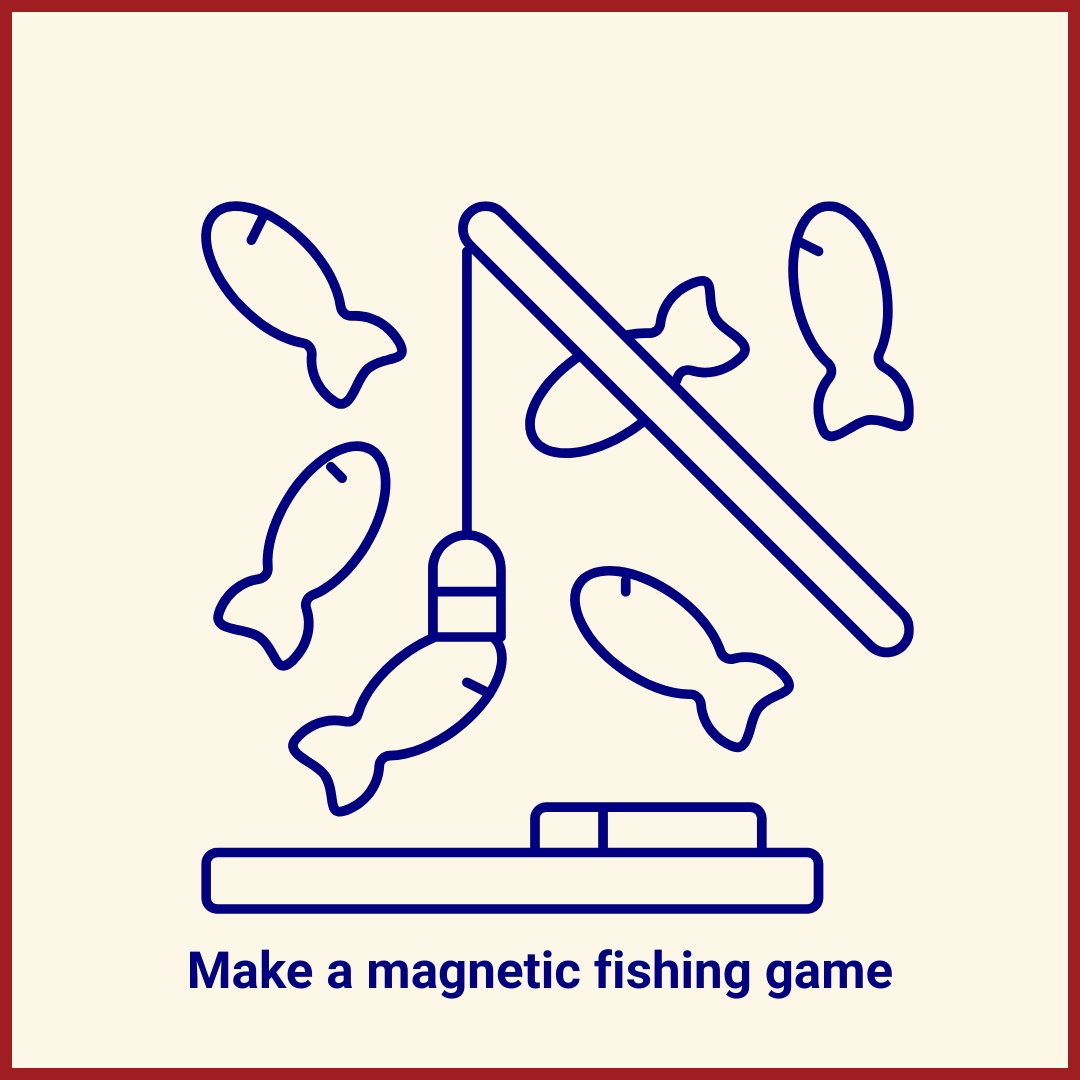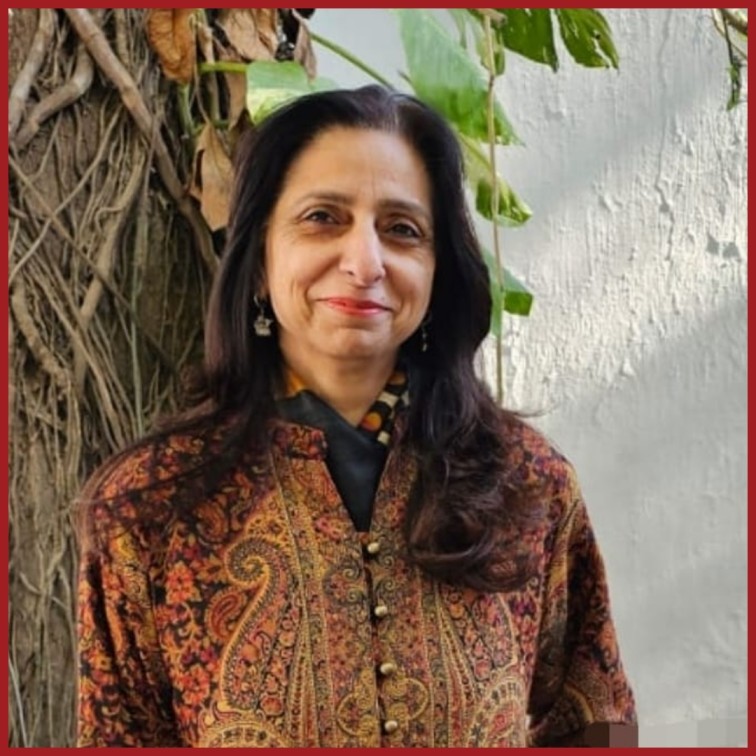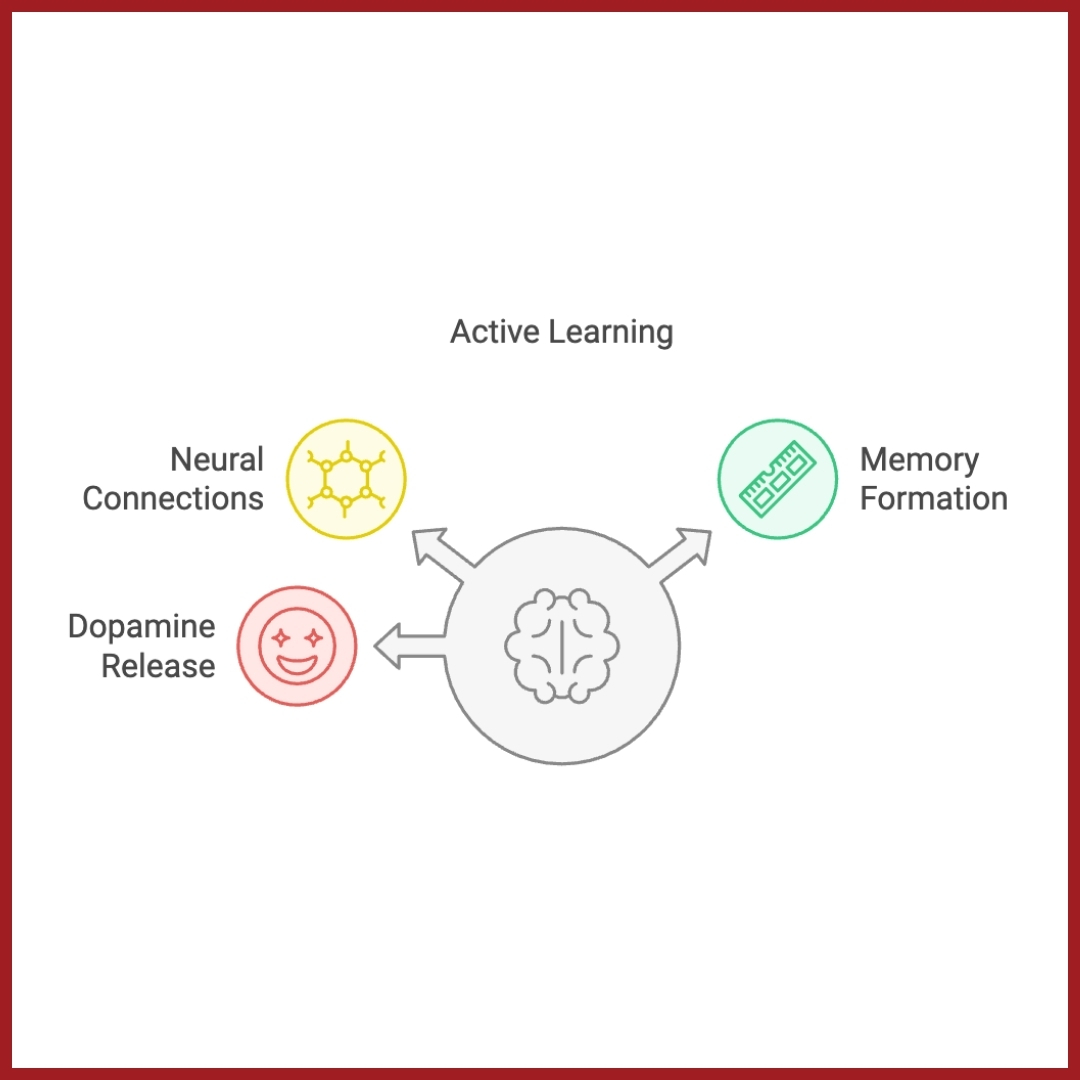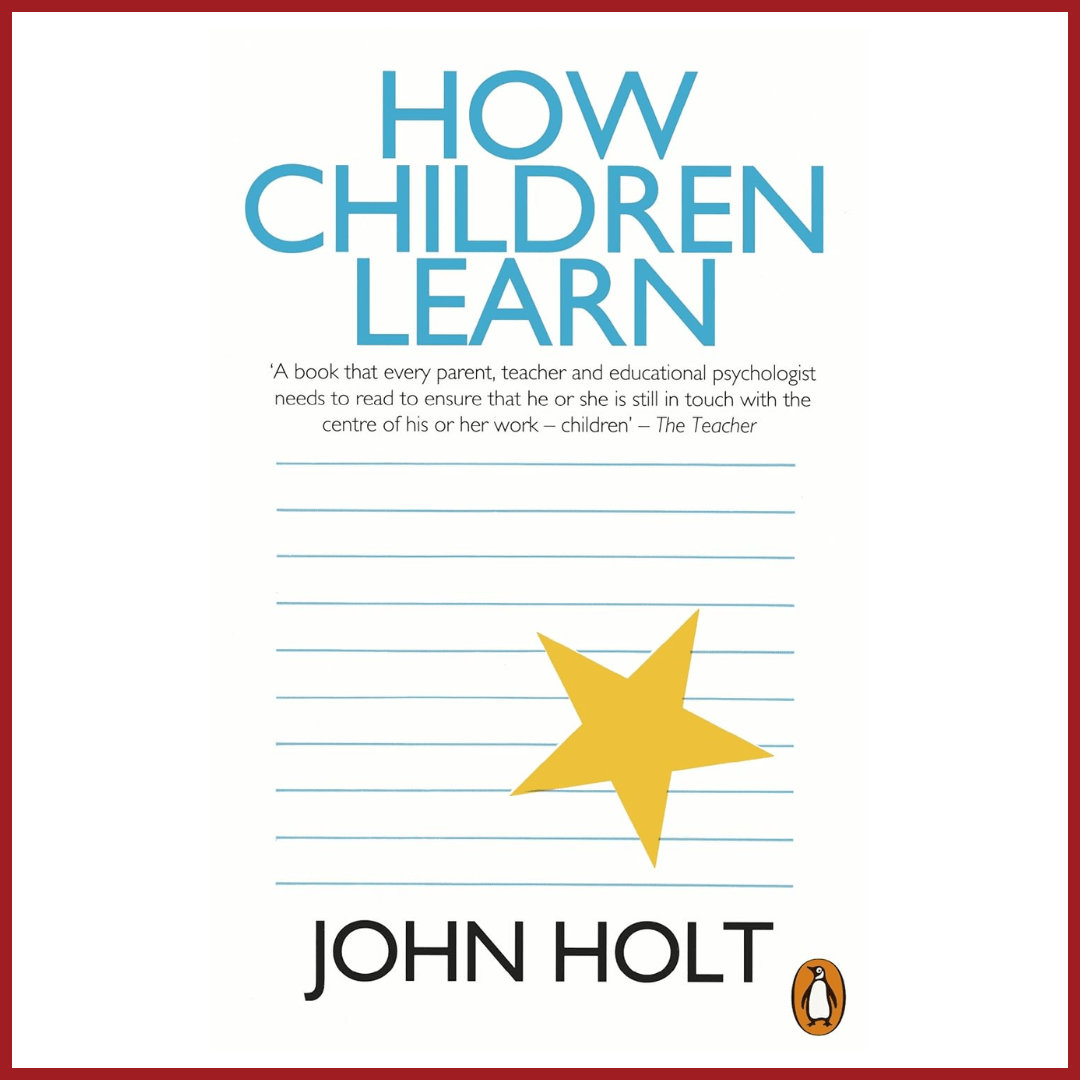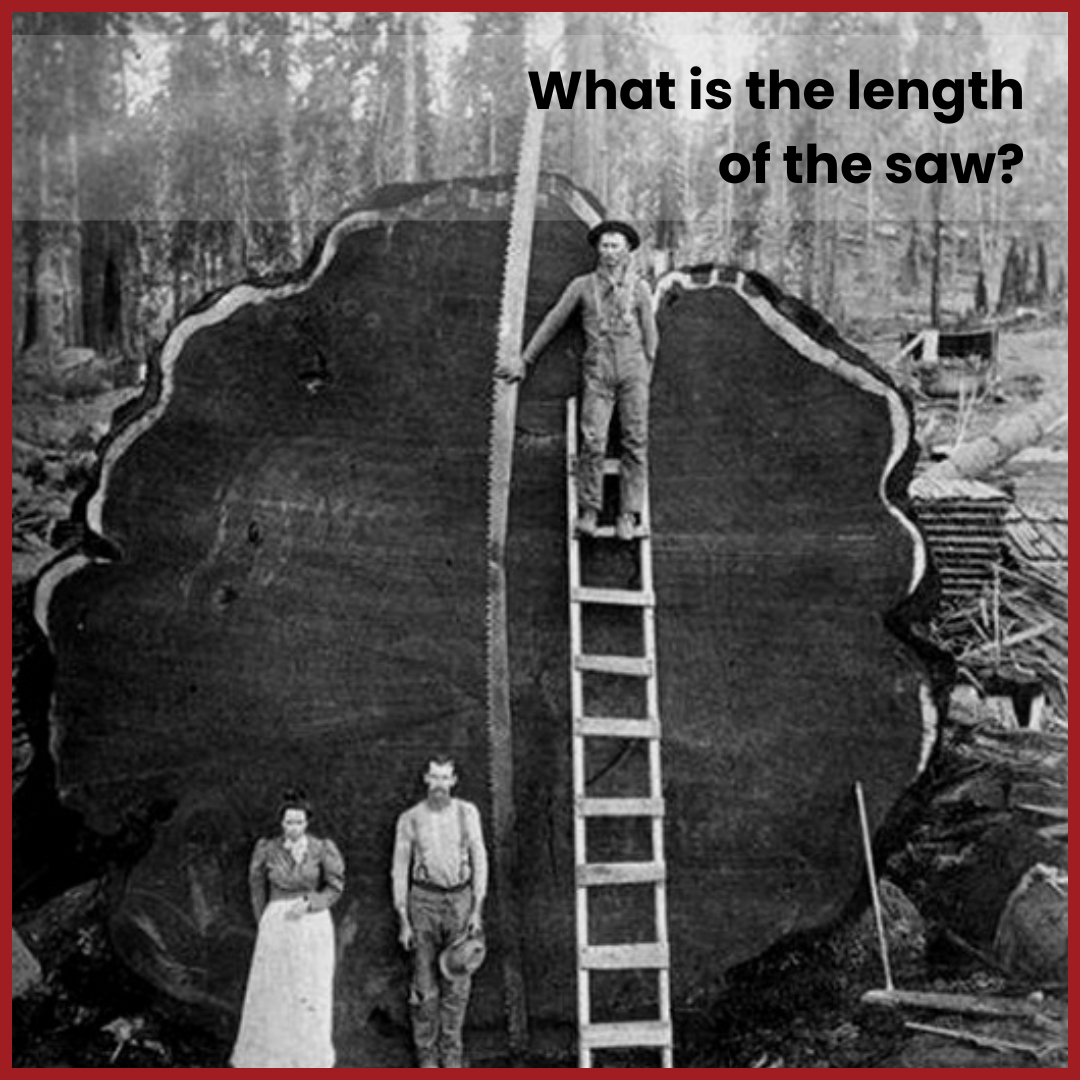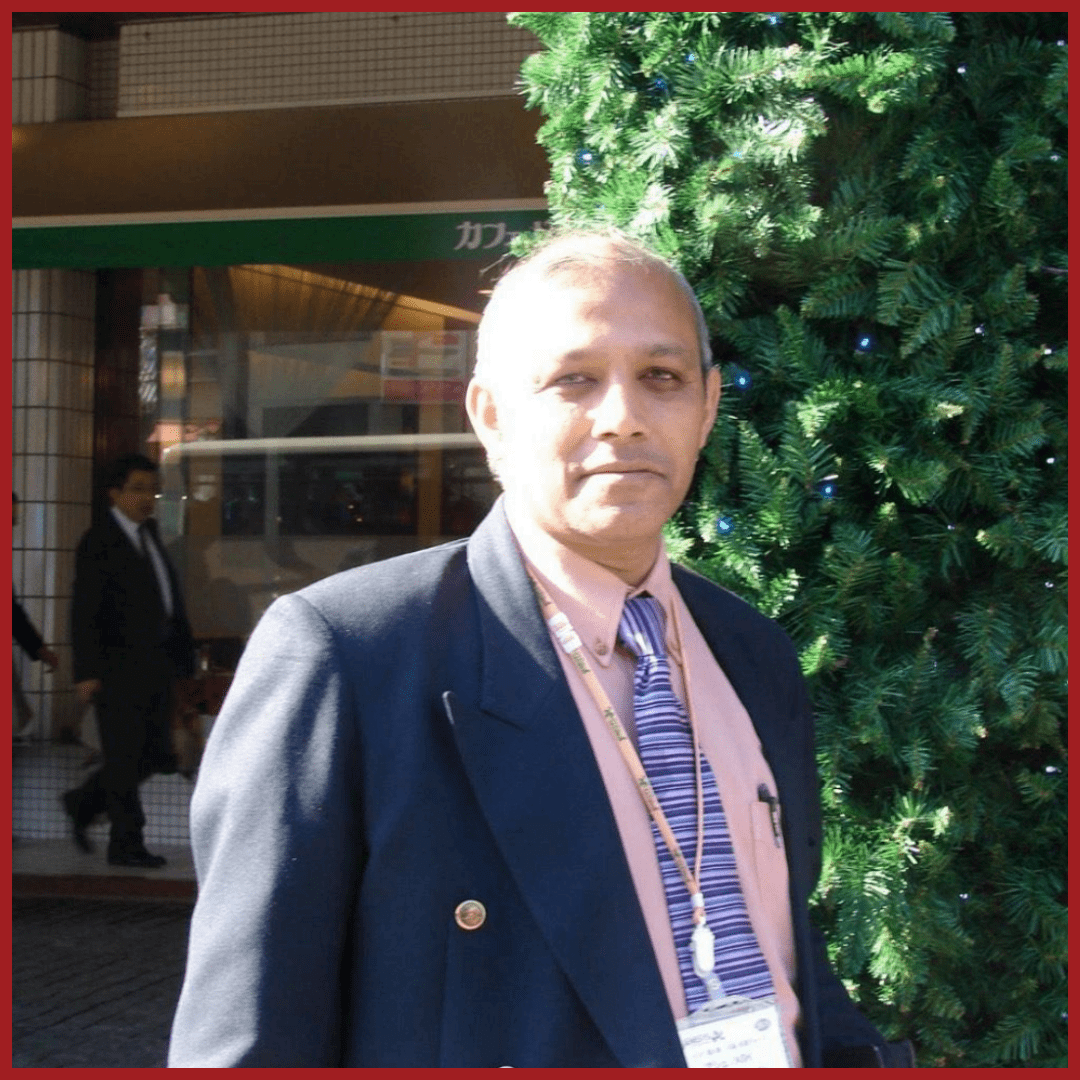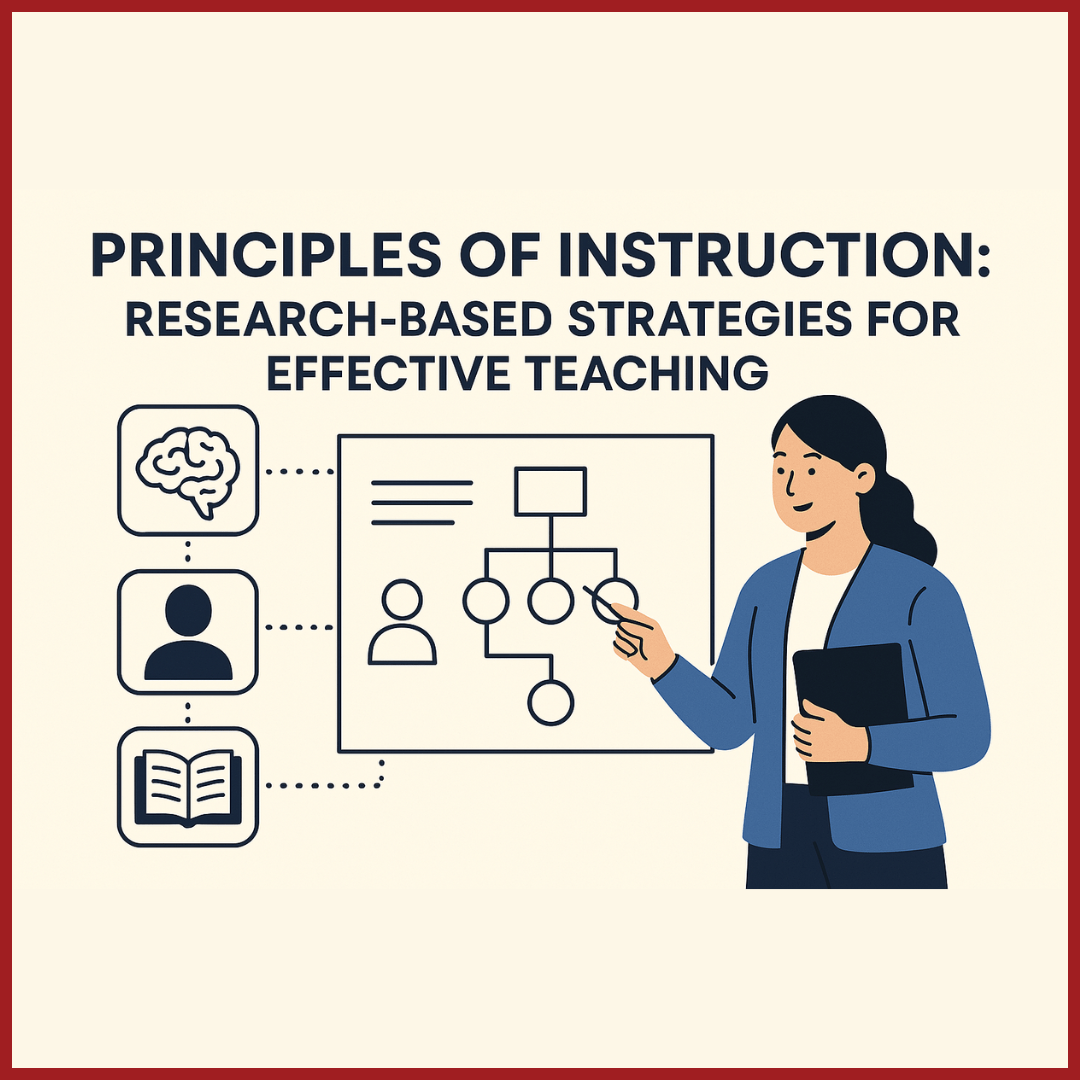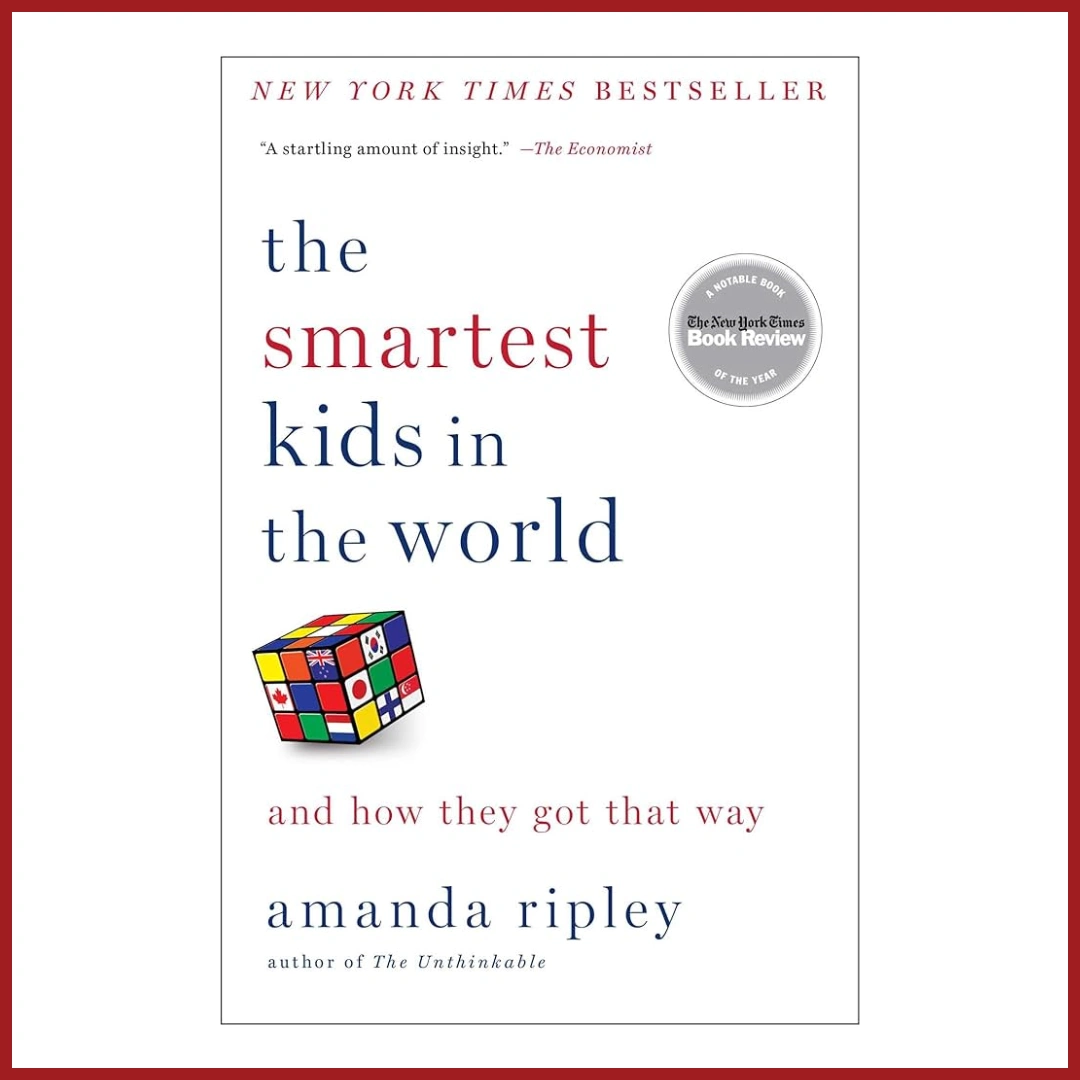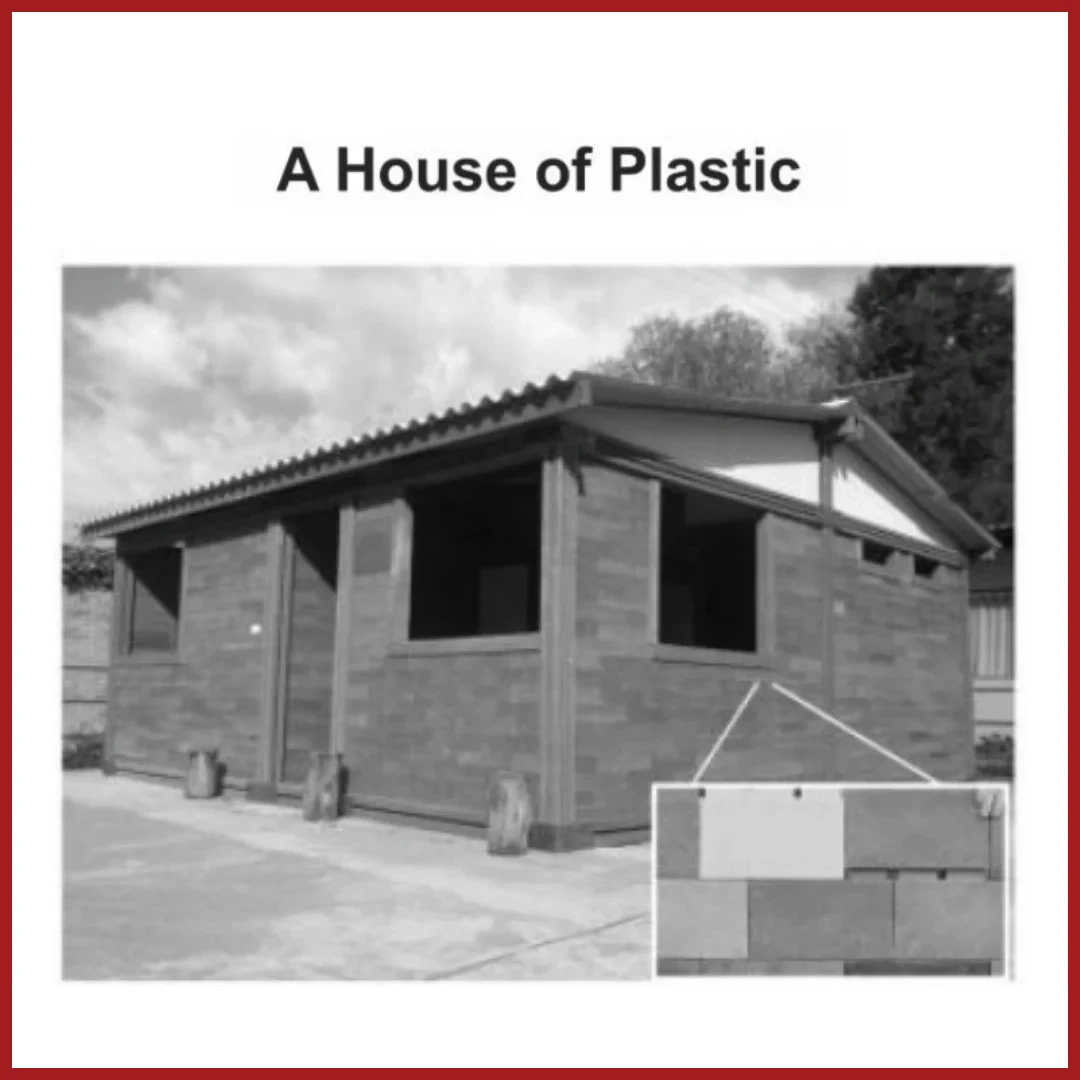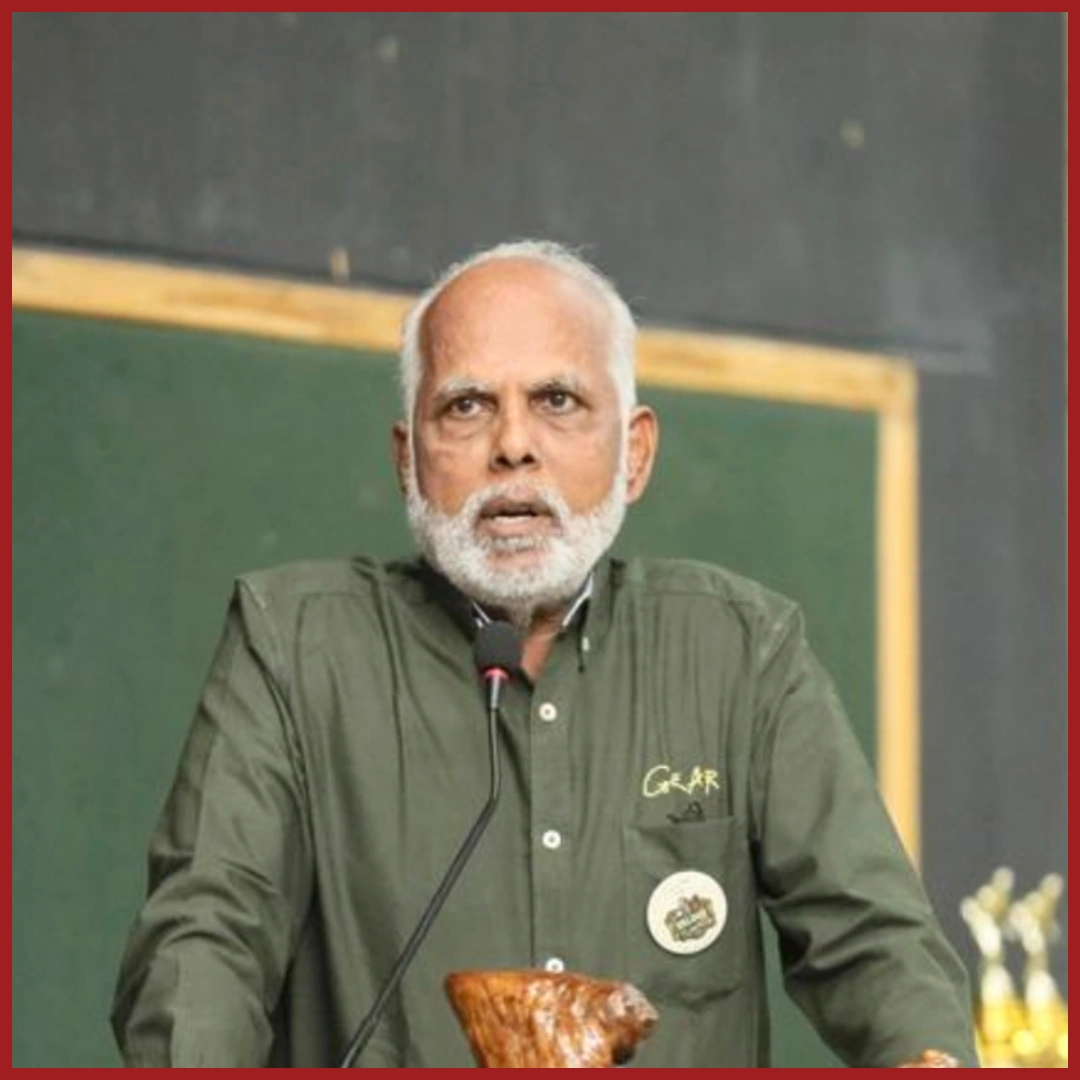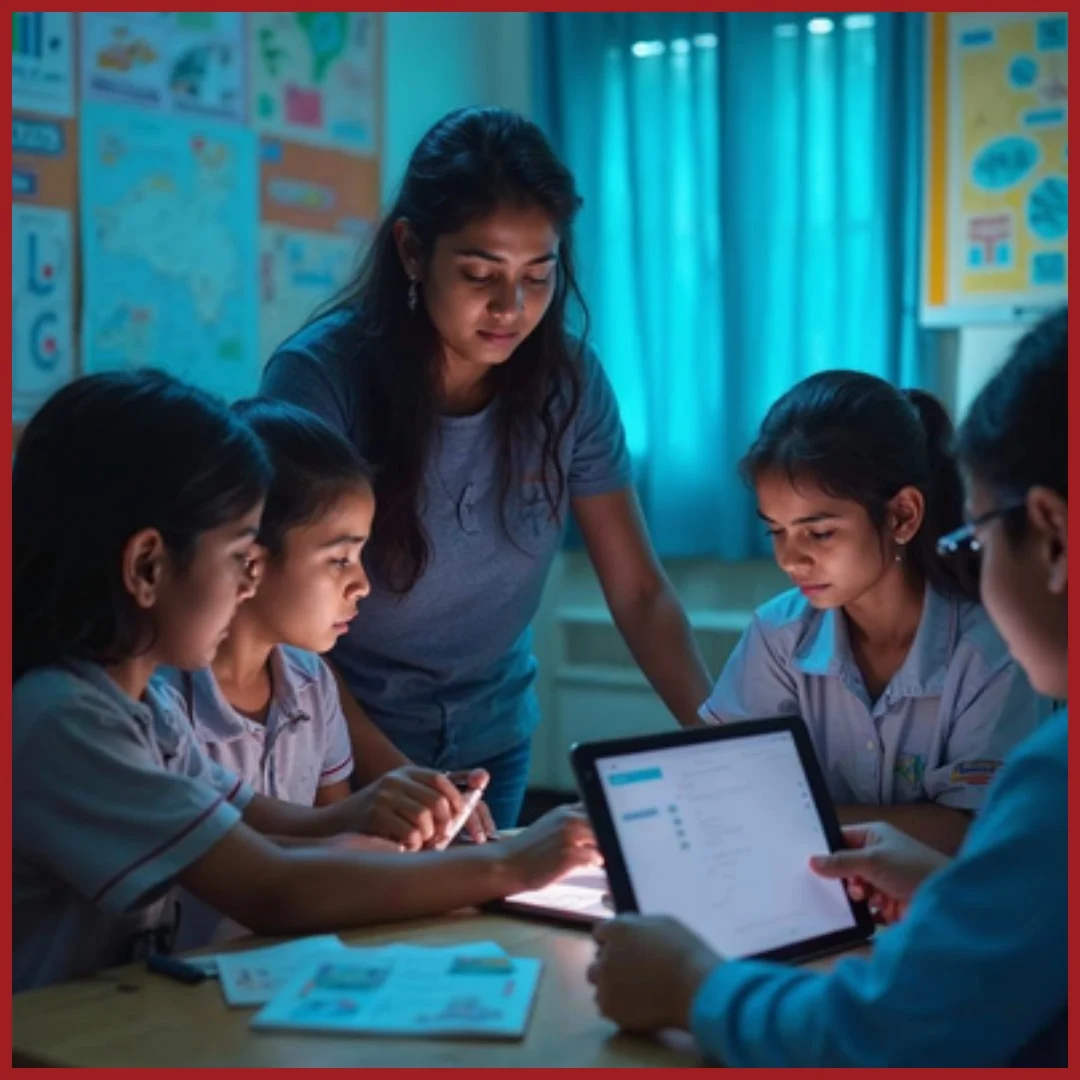Edition 09 | September 2025
Educators Speak: Principal Interview

Dr. Himani Tyagi
Dr. Himani Tyagi is a molecular-biology scientist turned educator and Principal of The Millennium School, Greater Noida West. A PCCcredentialed coach from the International Coach Federation, she brings research discipline and systems thinking to daily school practice. Her focus: teacher development, neuroscience-informed pedagogy, and inclusive classrooms. Colleagues know her for usable routines—reflection time, humane discipline, and assessment that builds mastery rather than fear. In her current role, she helps teams run small experiments, learn from evidence, and scale what works. Her experience as a researcher at IIT Roorkee and the University of Delhi (DU) shapes how she leads: ask good questions, test ideas fairly, improve the process, and keep the work anchored in what helps students think clearly and act responsibly.
Q1. If you were to write a 'manifesto for teachers of 2030,' what are three commitments you would want every teacher to make?
1) Presence first
I will cultivate a calm, learning-ready presence through consistent self-care, reflection, and continuous learning—my presence sets the tone of the classroom.
2) Child at the centre
I will design for dignity, inclusion, and agency. Content, tools, and timelines will serve the learner— not the other way around.
3)Teach for transfer, use technology wisely
I will prioritise real-world tasks, feedback for growth, and mastery-based assessment. We will use technology including AI, as an ethical amplifier of thinking and creativity—never a substitute for relationships.
Q2. What is one common misconception some parents have about learning in today’s world, and how do you try to reshape that perspective?
A common misconception is that learning is performance to be proved. I reframe it as a mindset and a process. Performance is a snapshot; learning is the movie. In PTMs and newsletters, conversation has to shift from “How many marks?” to “What changed in how your child thinks?” At The Millennium School, we share pre-to-post work samples, student reflections, and portfolios so growth is visible in depth, not just digits. We encourage daily, low-stress practice over last- minute drilling and explain how feedback, revision, and real- world tasks build confidence, transfer, and joy in learning. Our message to families is simple: we are preparing children for life, and marks are one input—not the whole story.
Q3. If you could redesign the way principals are mentored and trained in India, what would be the first change you would propose?
I would replace one-off workshops with a coached apprenticeship anchored in self- leadership. New principals would complete a residency with an experienced head, run real meetings, handle parent escalations, and receive same-day coaching. I would add practice labs for difficult conversations, inclusion, timetable design, safety protocols, budgeting, and data-informed decisions – rehearsed, not just discussed. Self-management – sleep, movement, reflective journaling, and spiritual grounding—would be explicit and assessed, because dysregulated leaders create dysregulated schools. Finally, structured 360degrees appraisal, peer case conferences, and micro-credentials would help leaders improve like athletes.
Q4. Leadership in schools is often about making difficult choices. Can you share one decision you took that was unpopular in the moment but turned out to be the right one for students
Q5. If a student from your school were to write a leer to you 20 years from now, what would you hope they thank you for?
Enjoyed the read? Spread the word
Interested in being featured in our newsletter?
Feature Articles
Join Our Newsletter
Your monthly dose of education insights and innovations delivered to your inbox!
powered by Advanced iFrame

